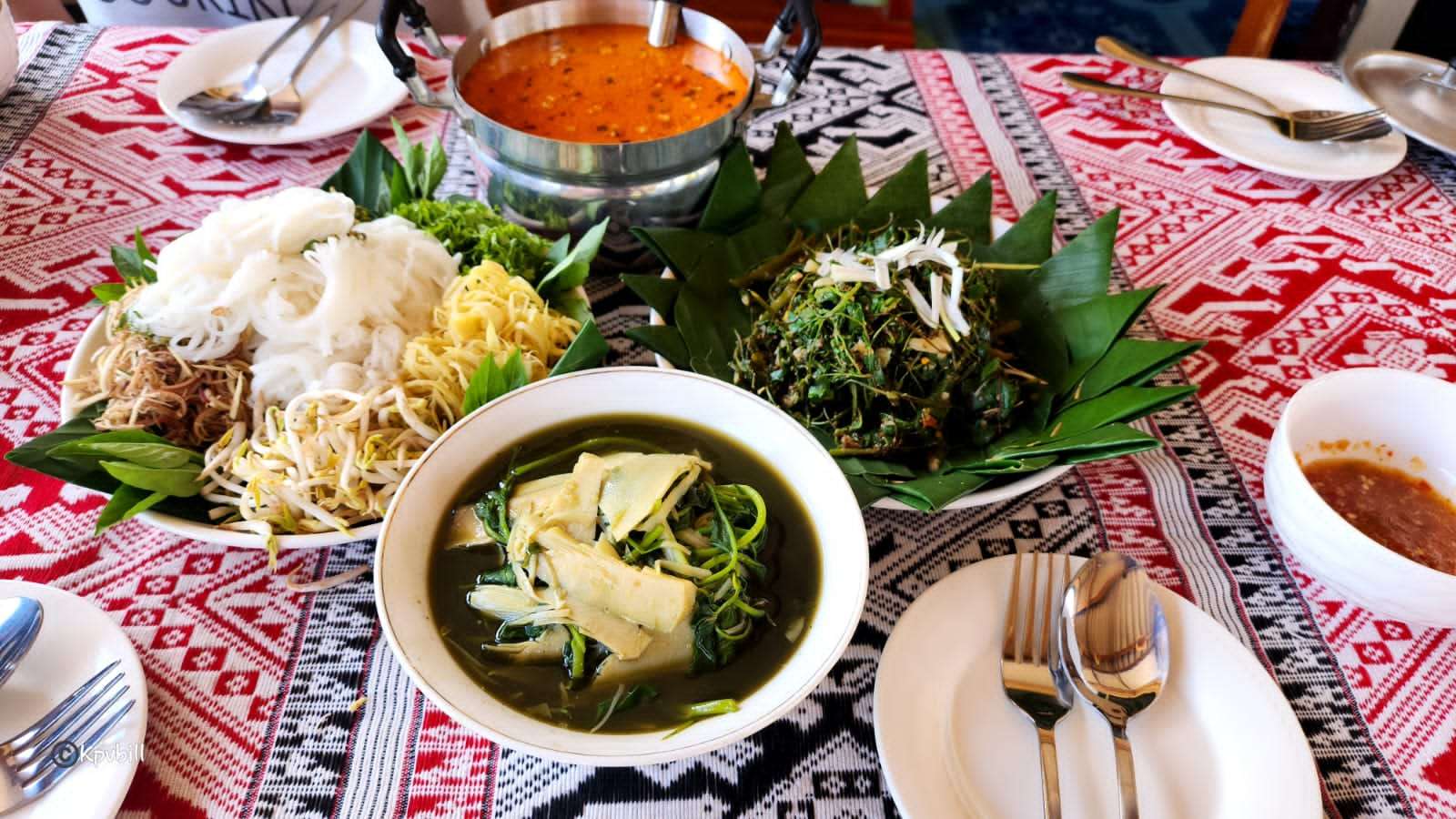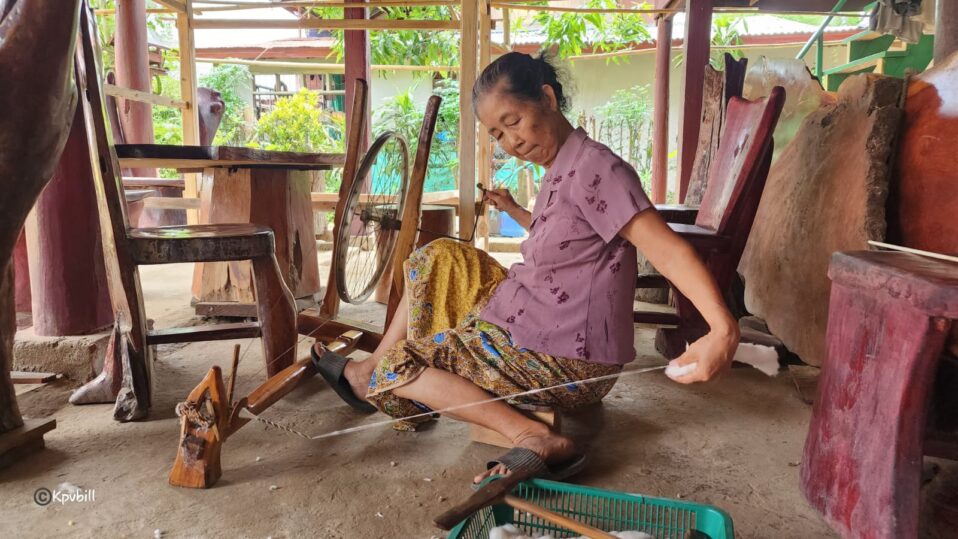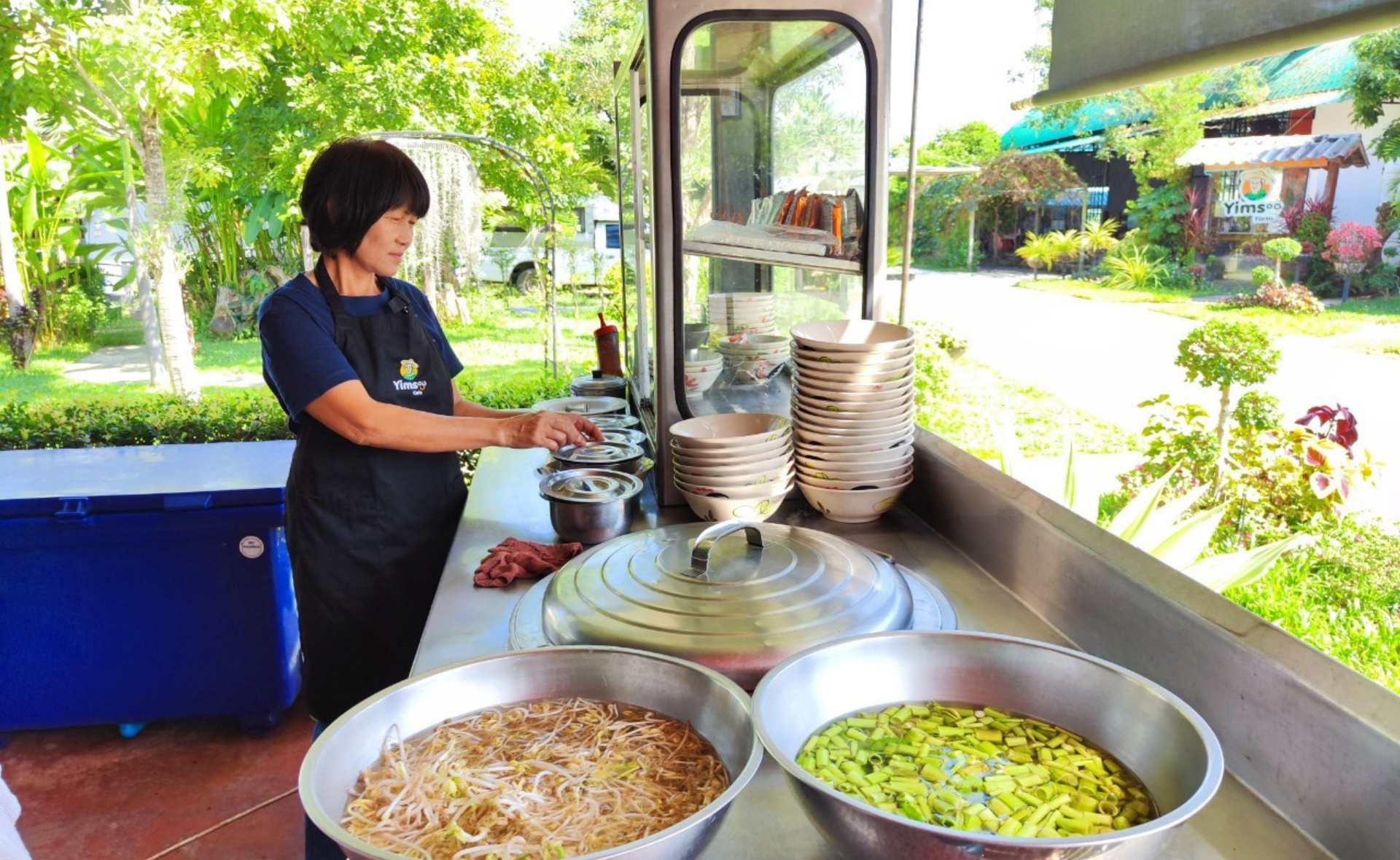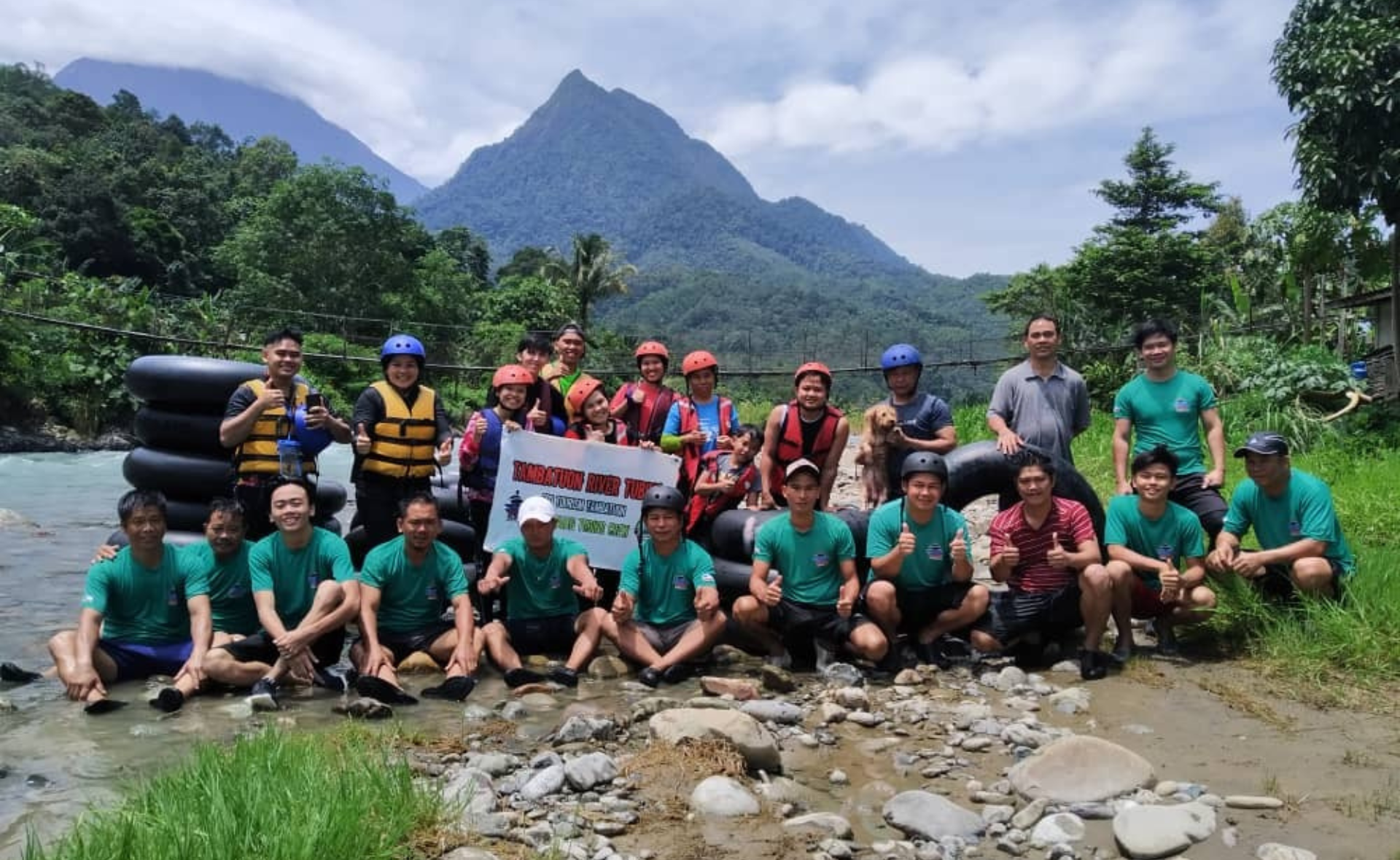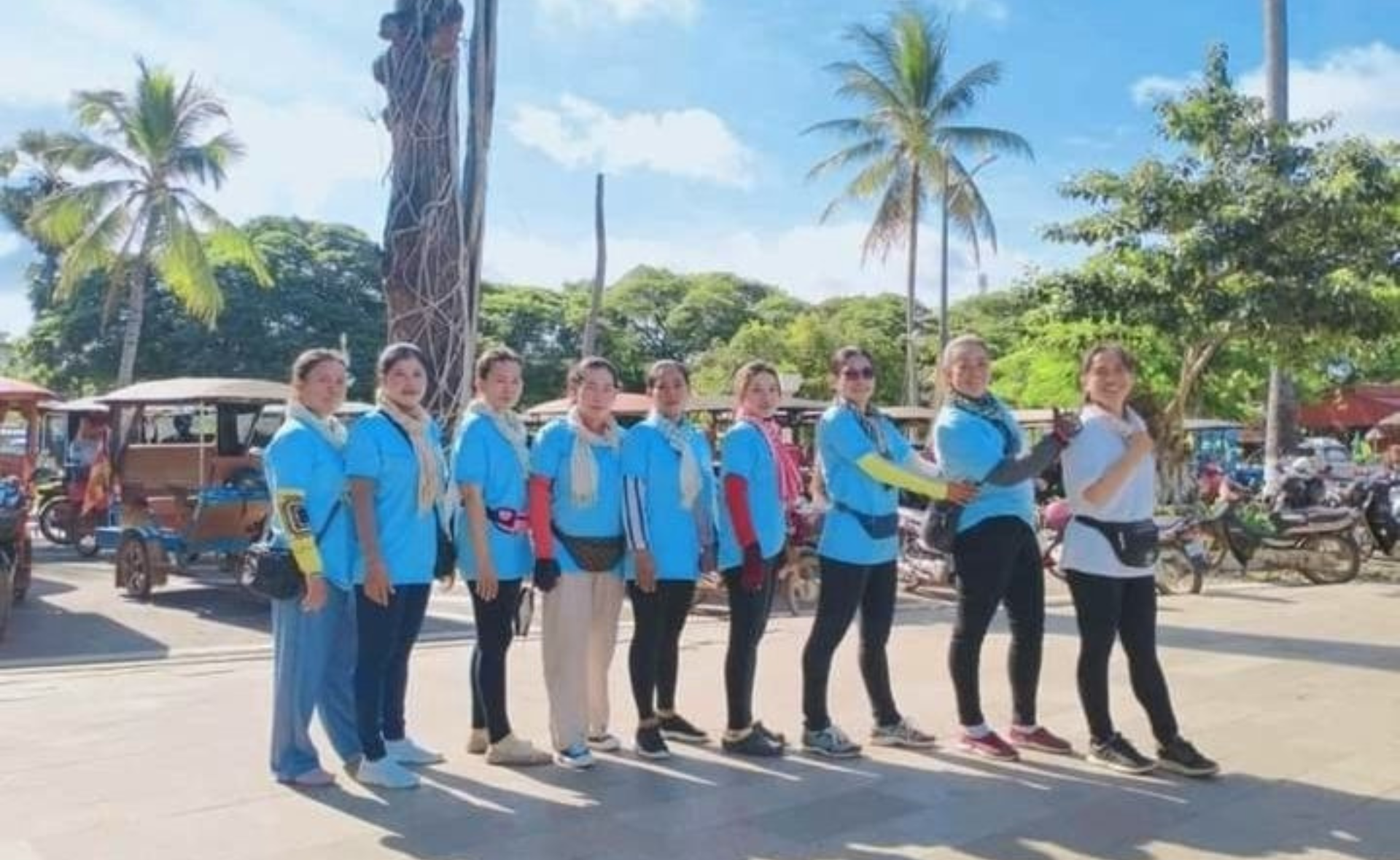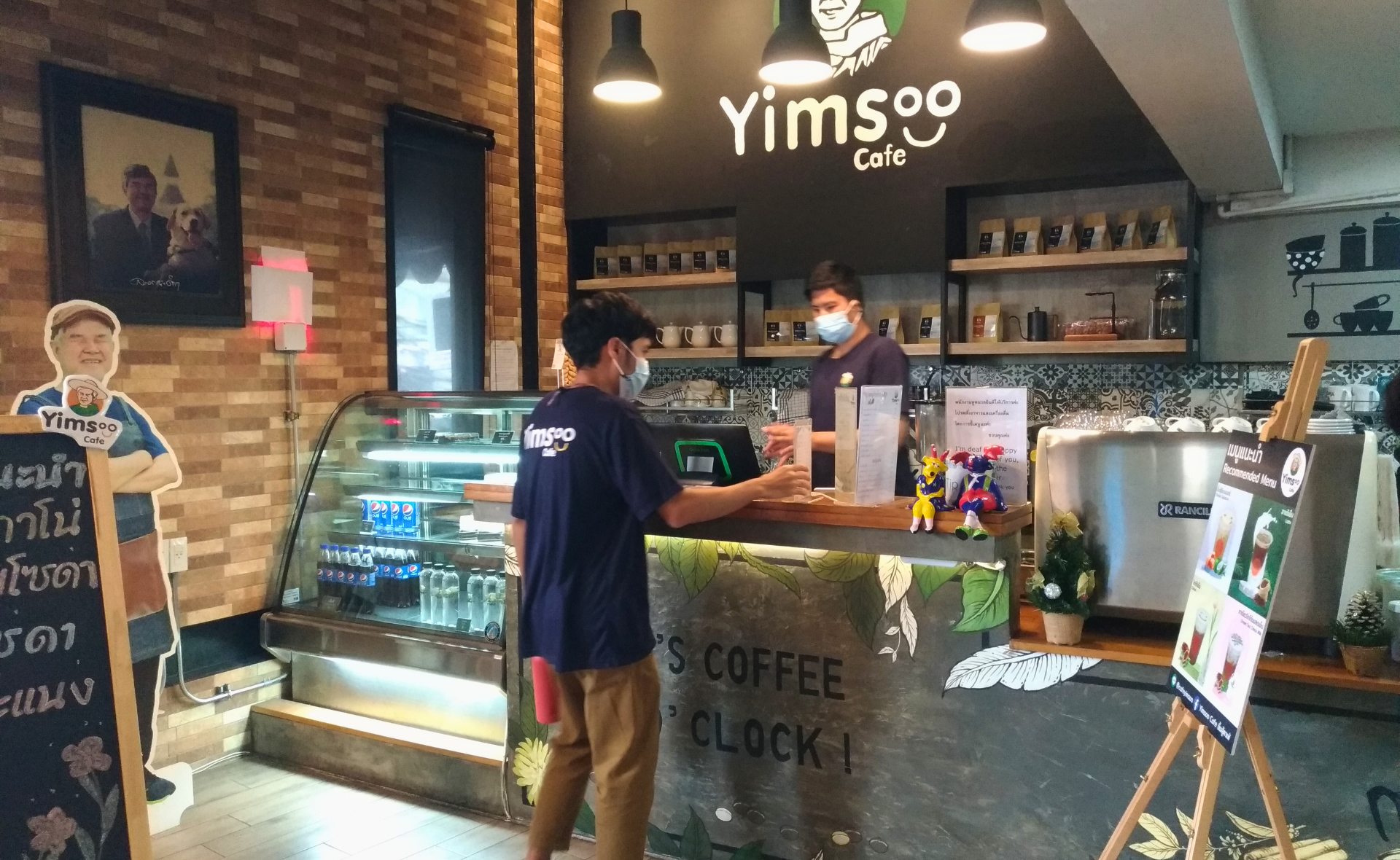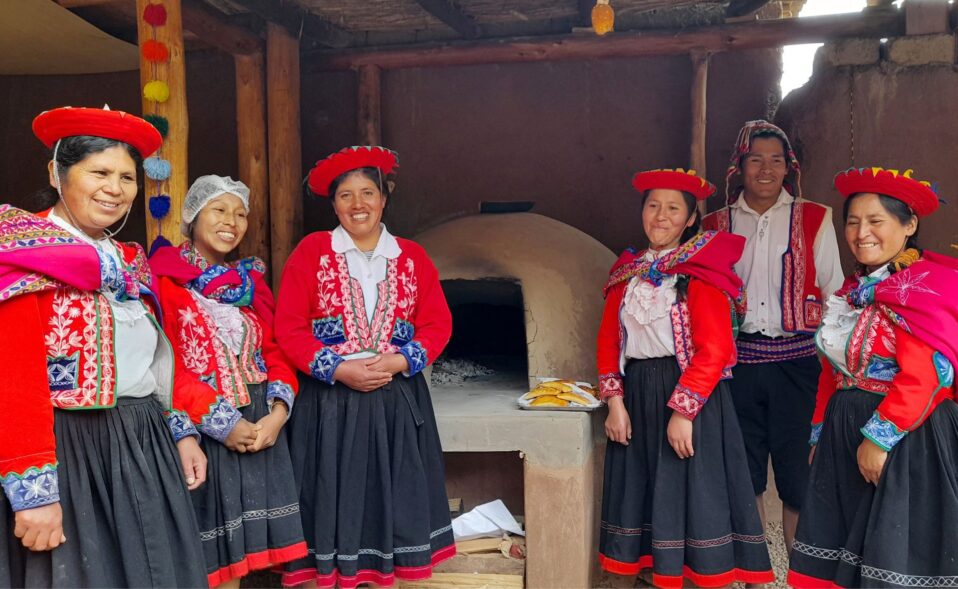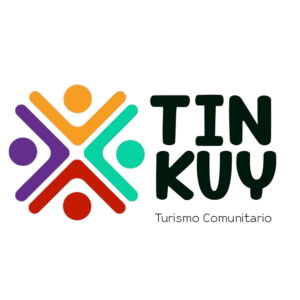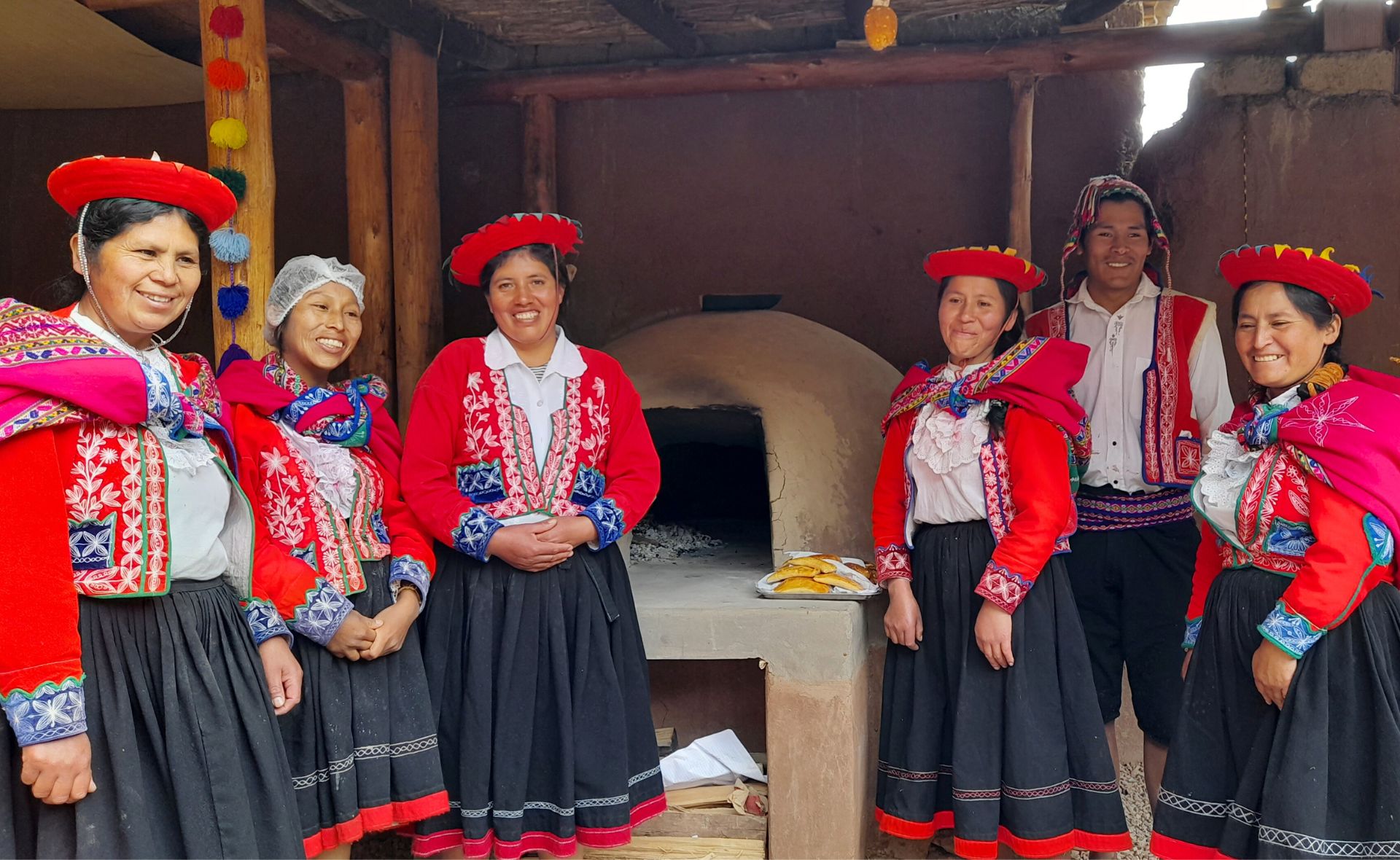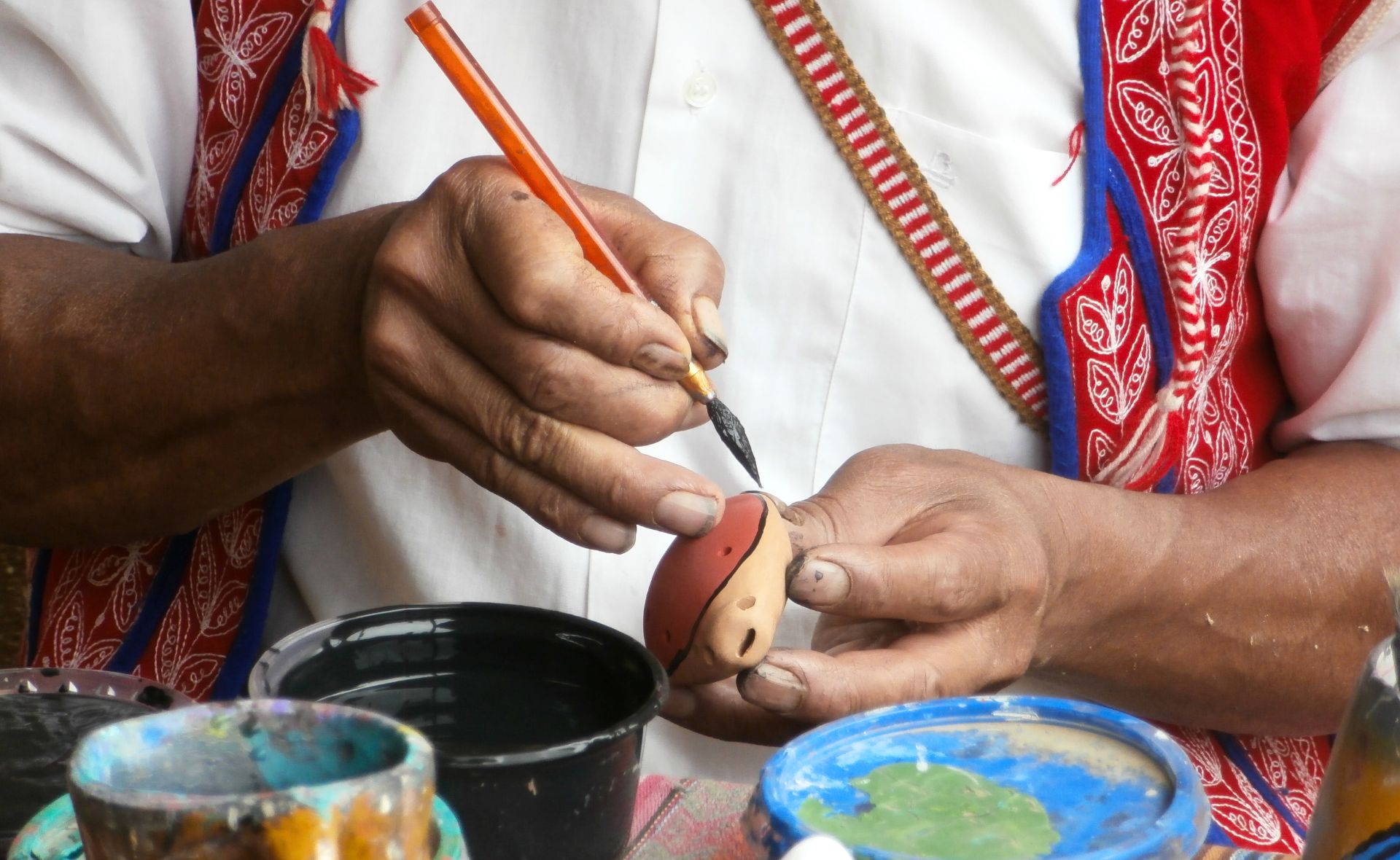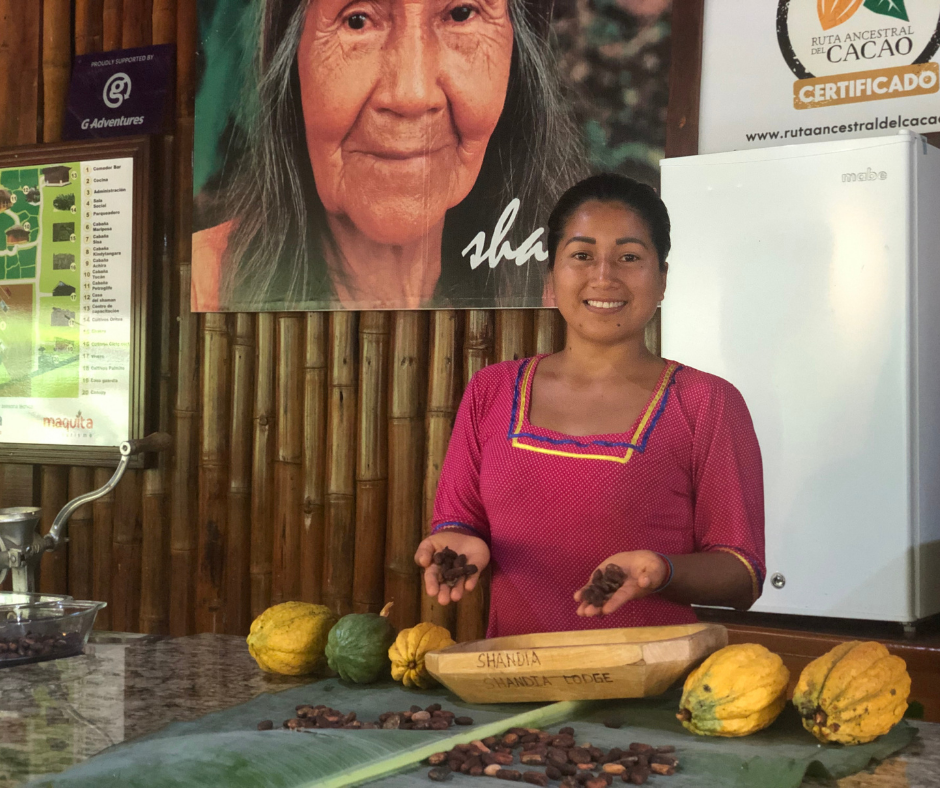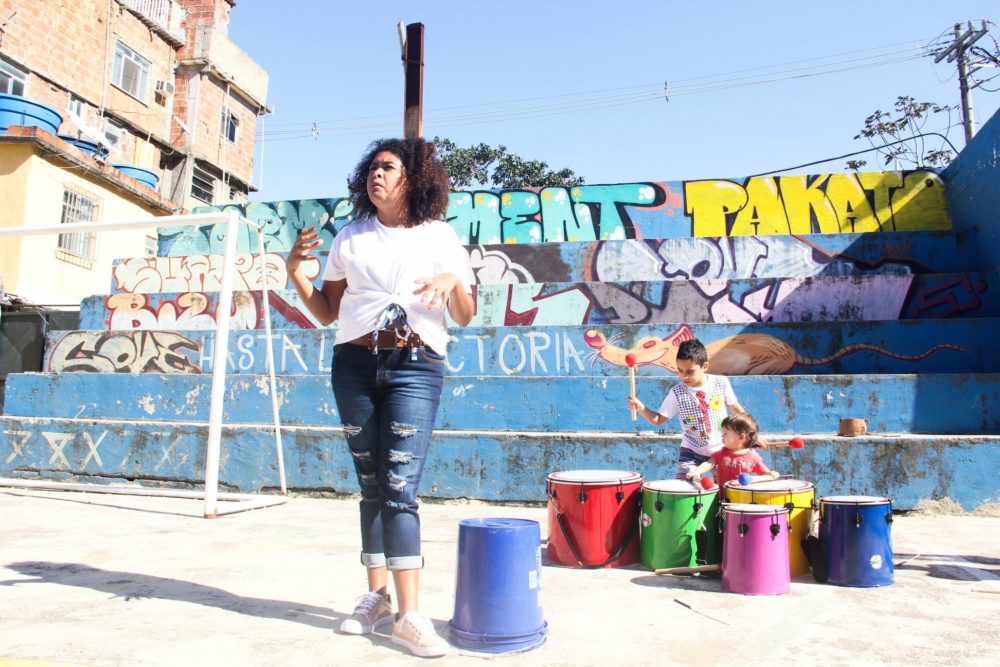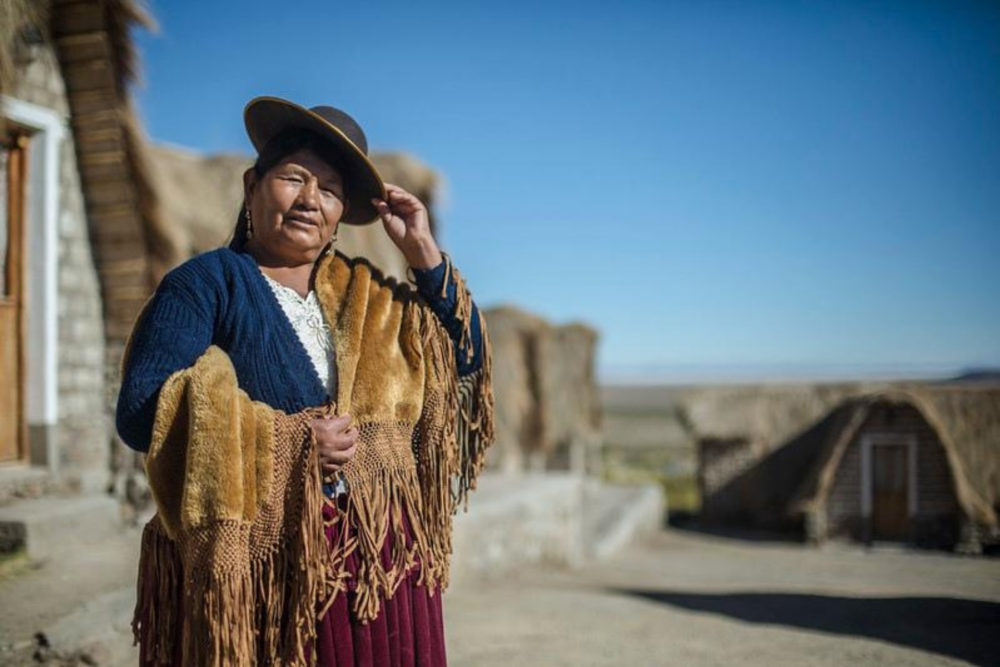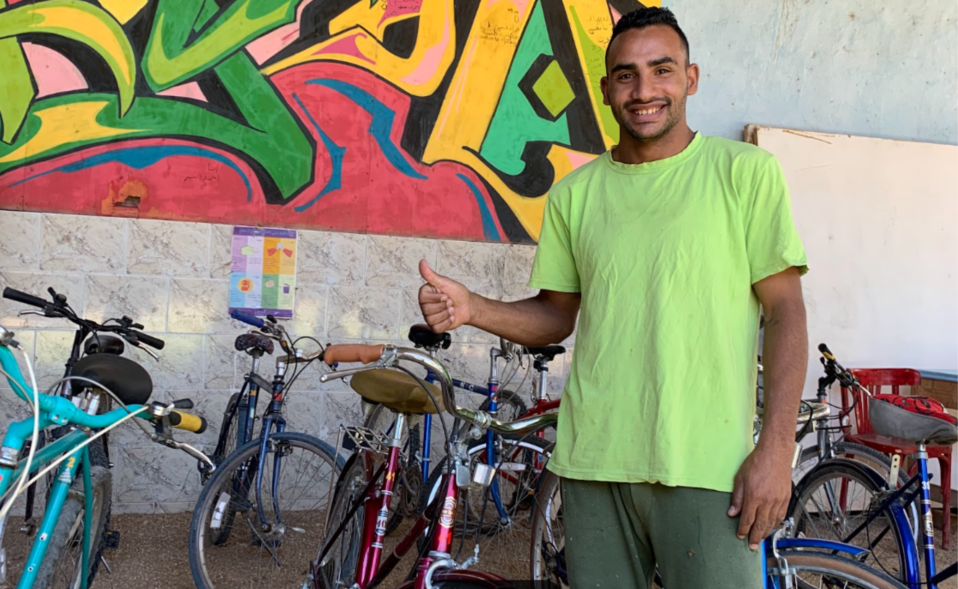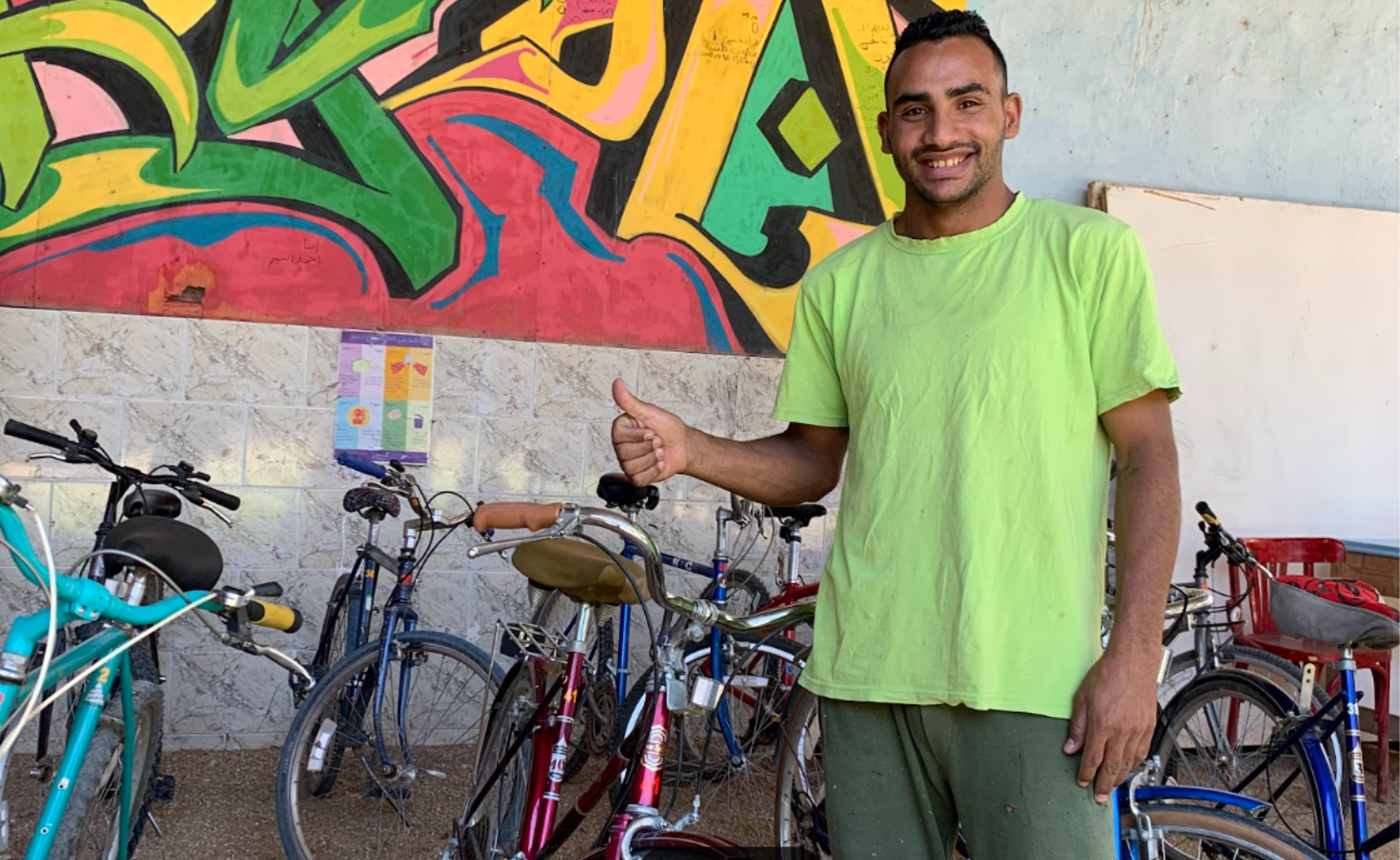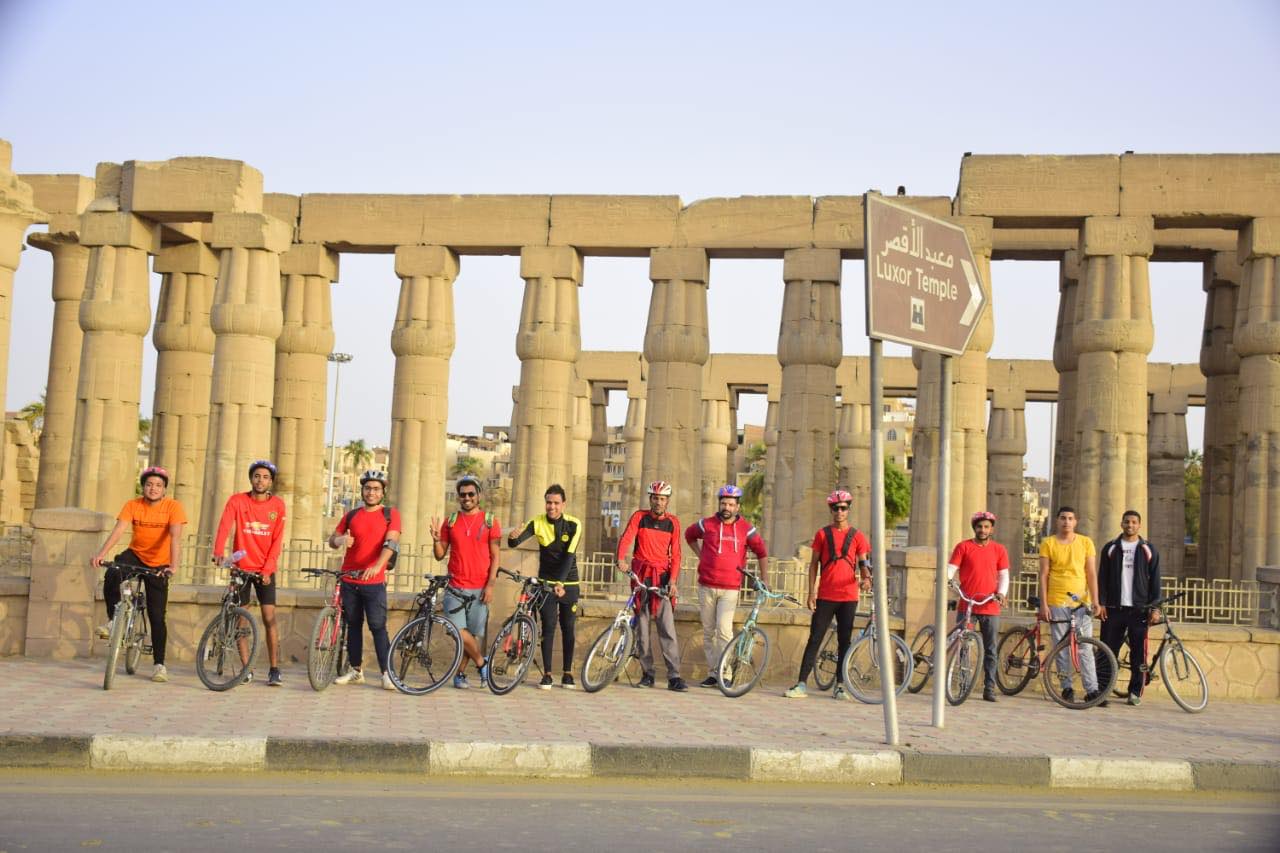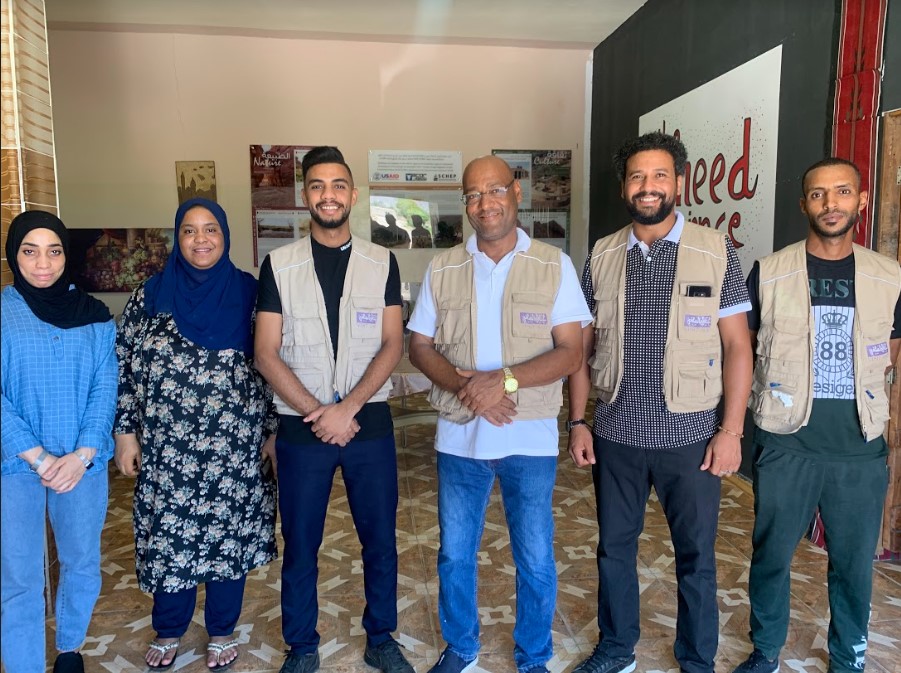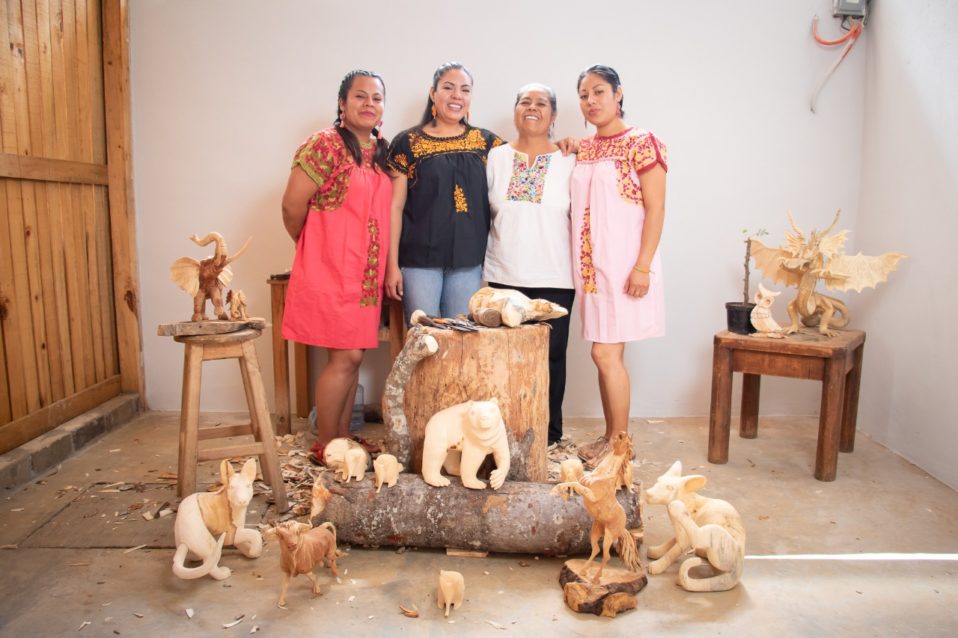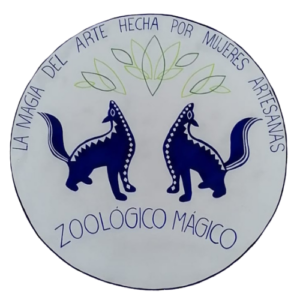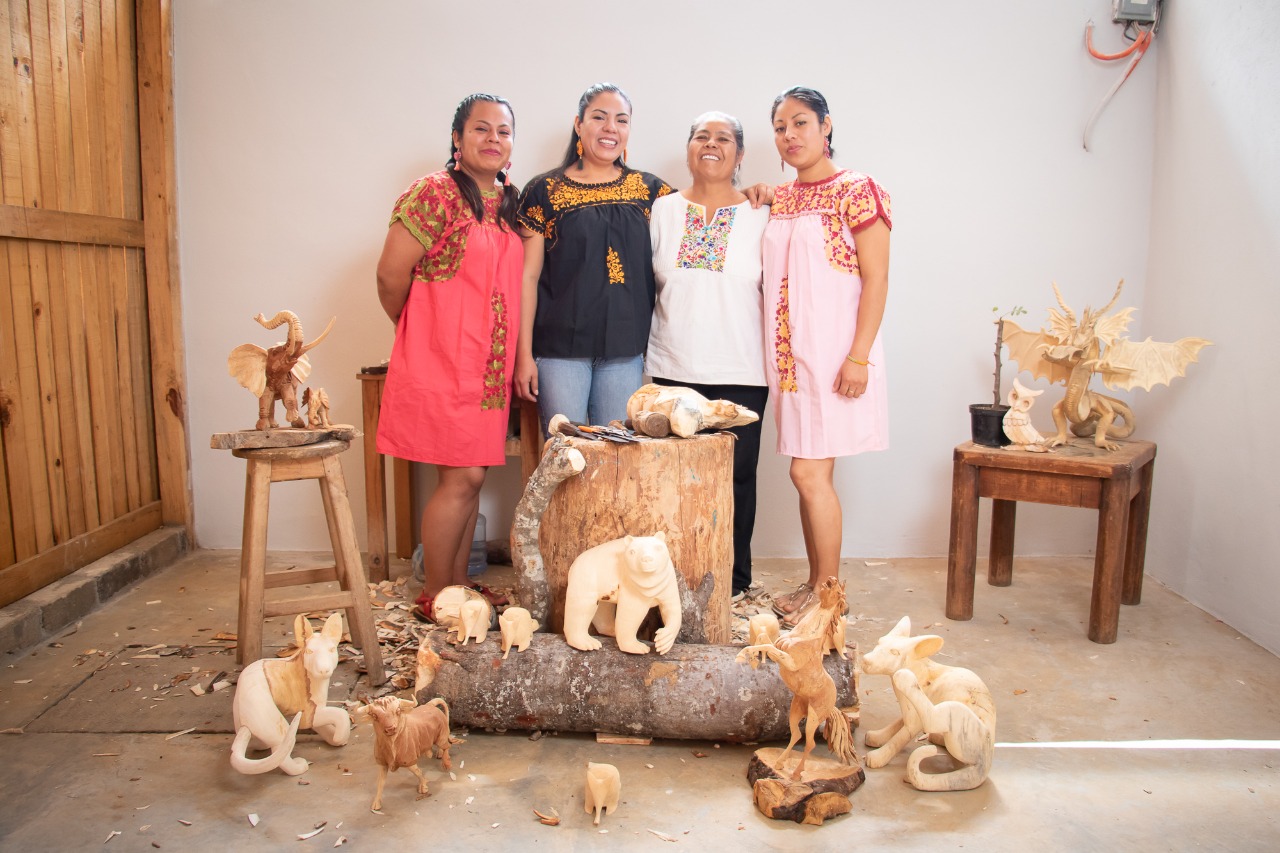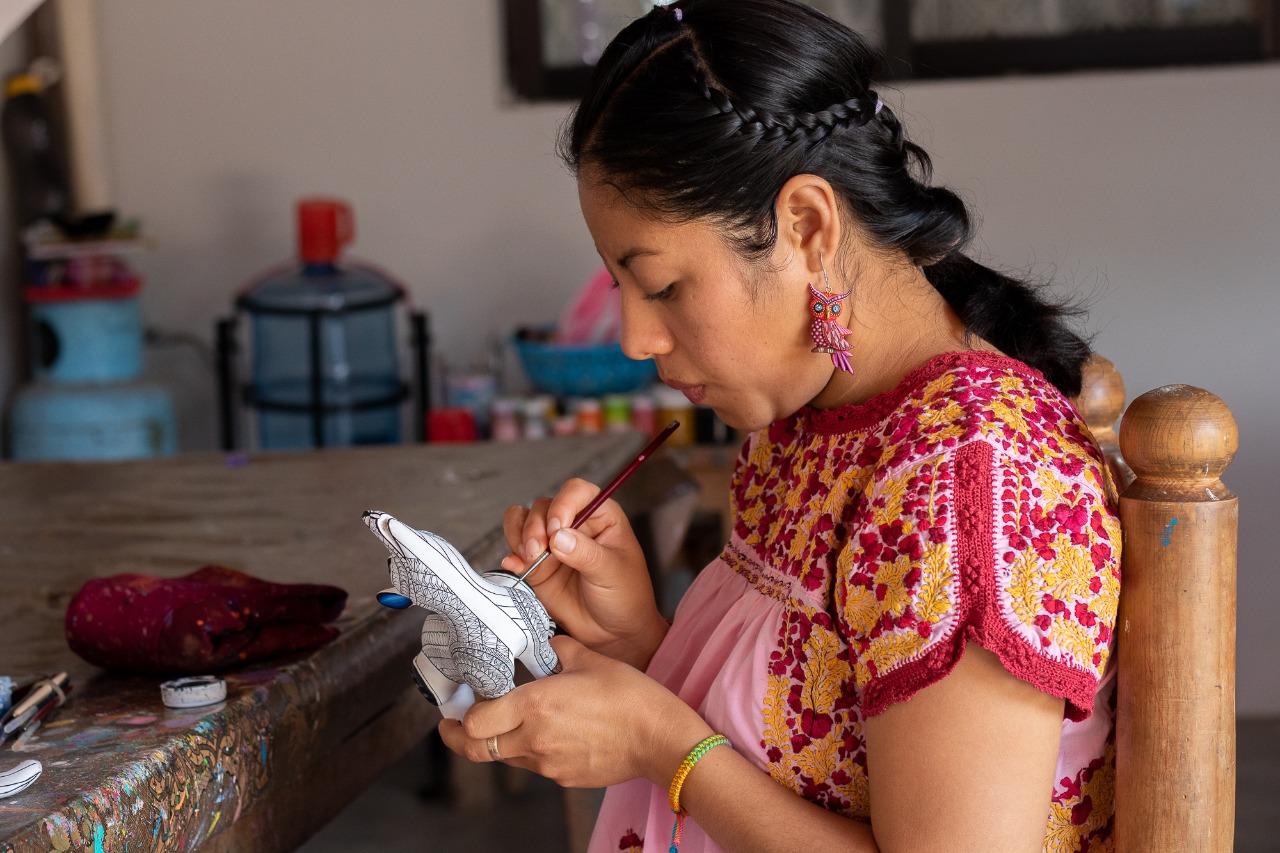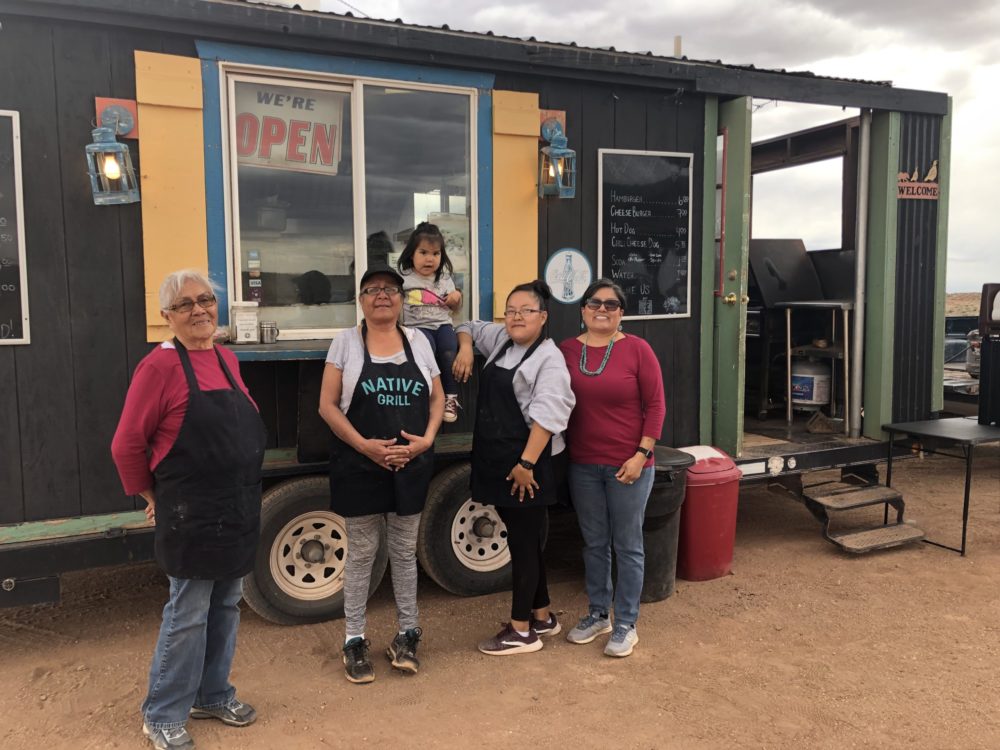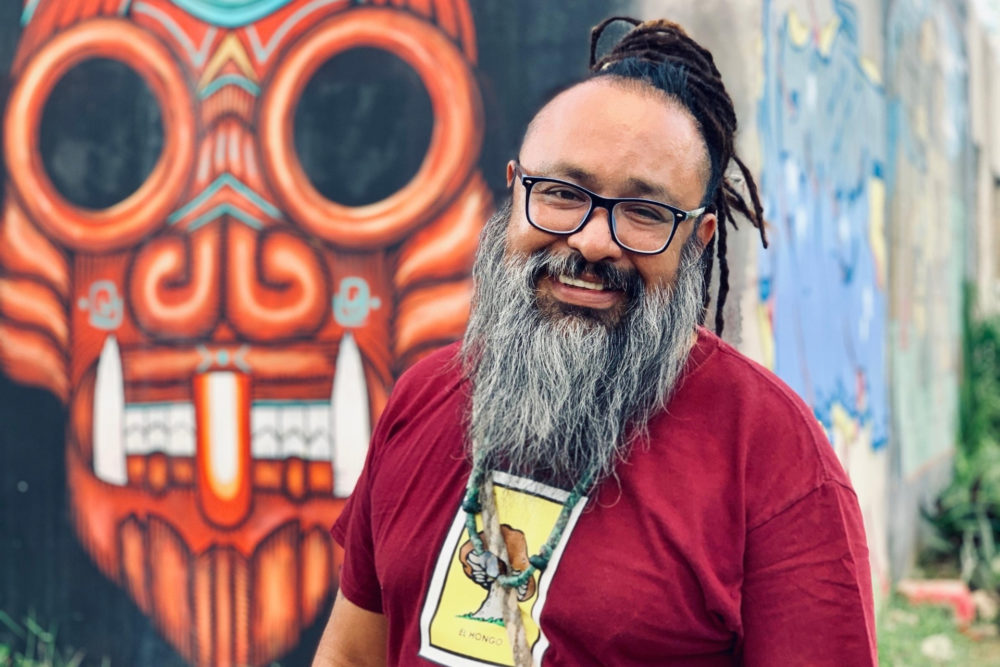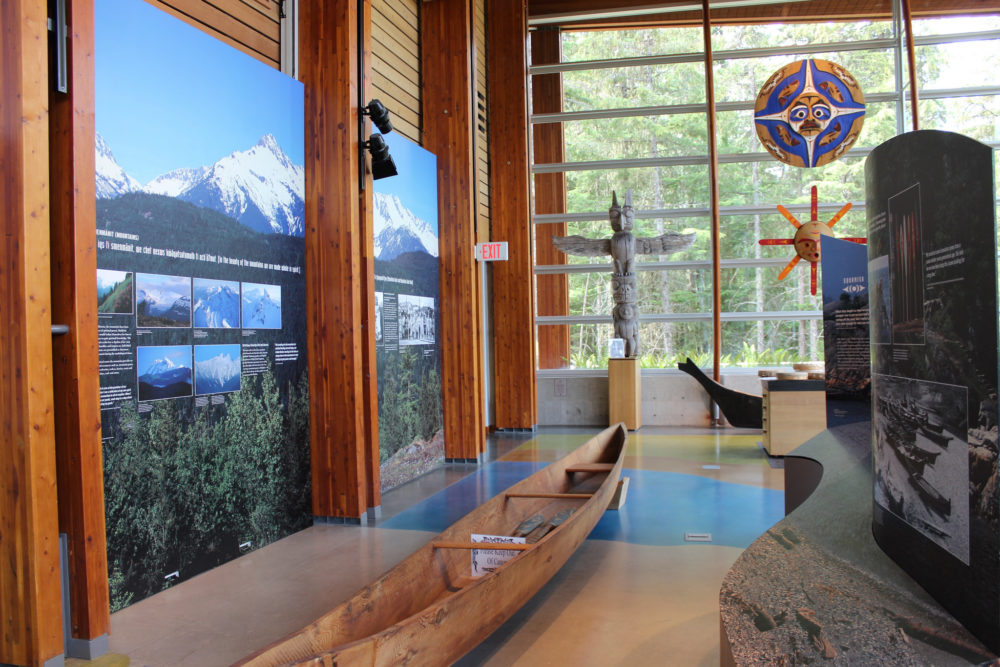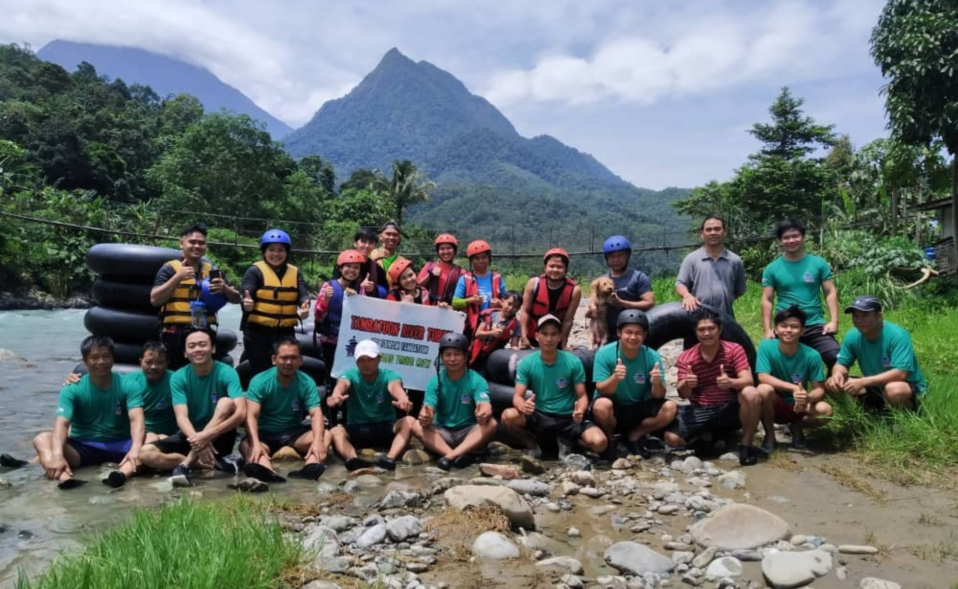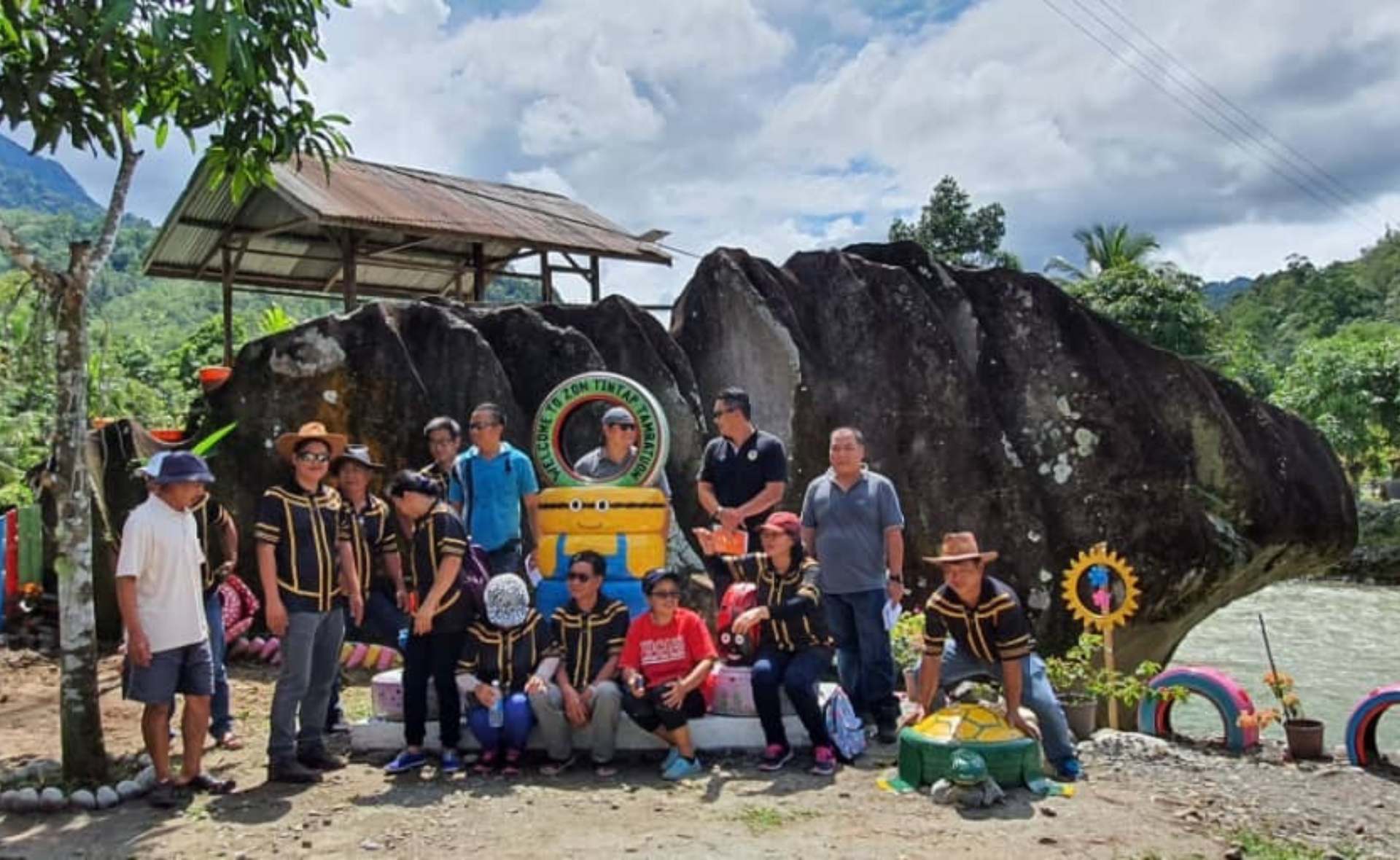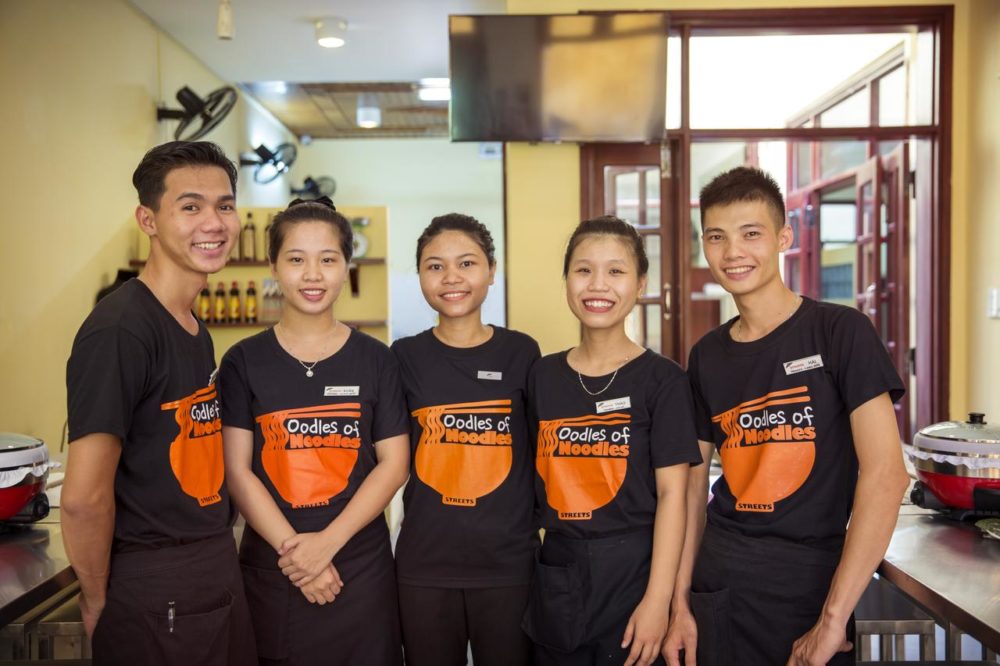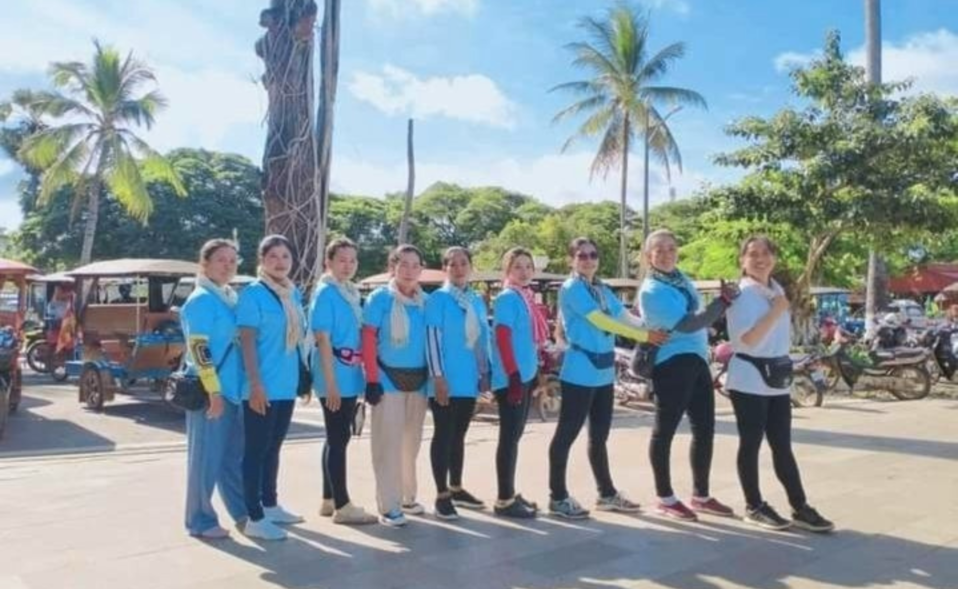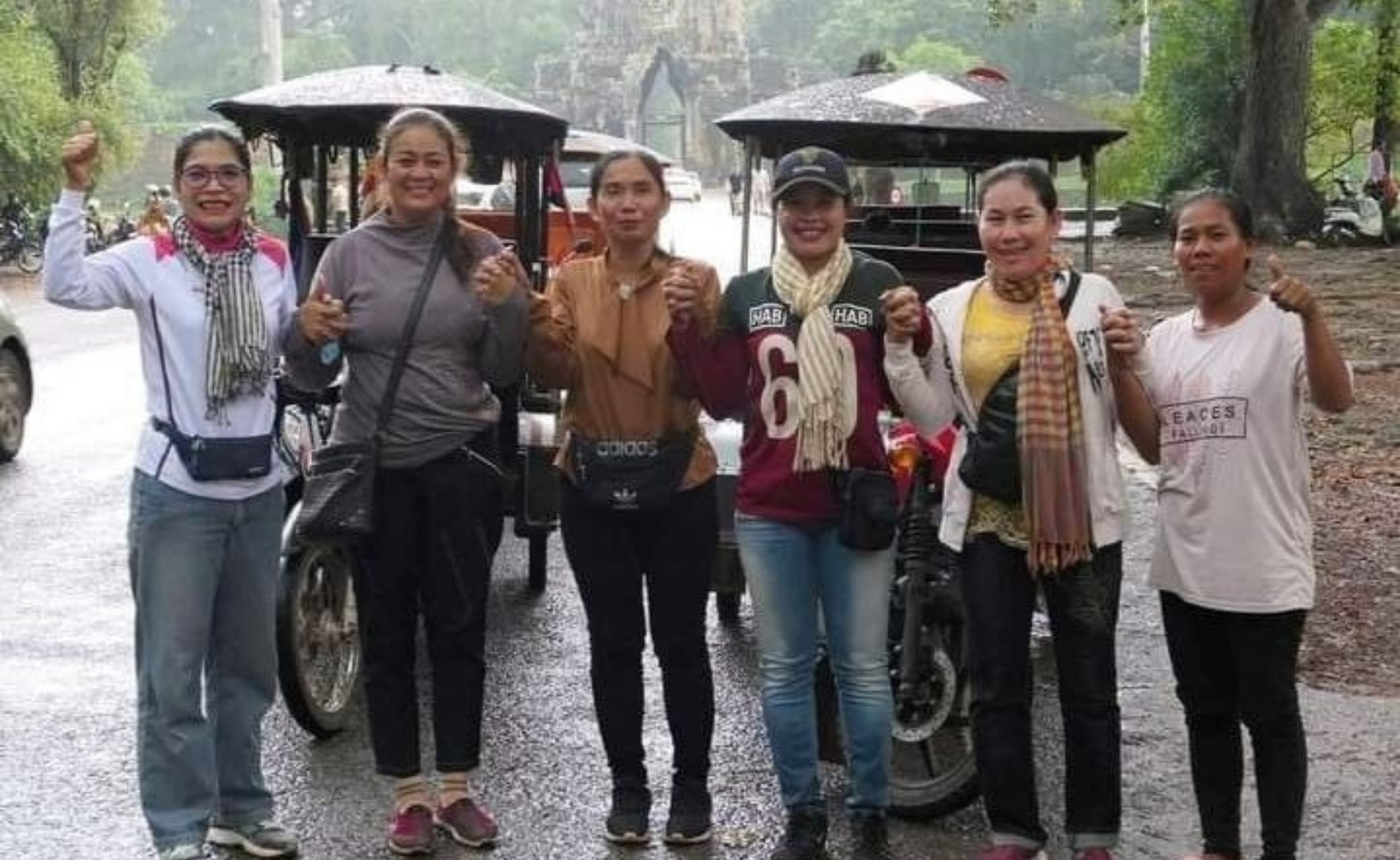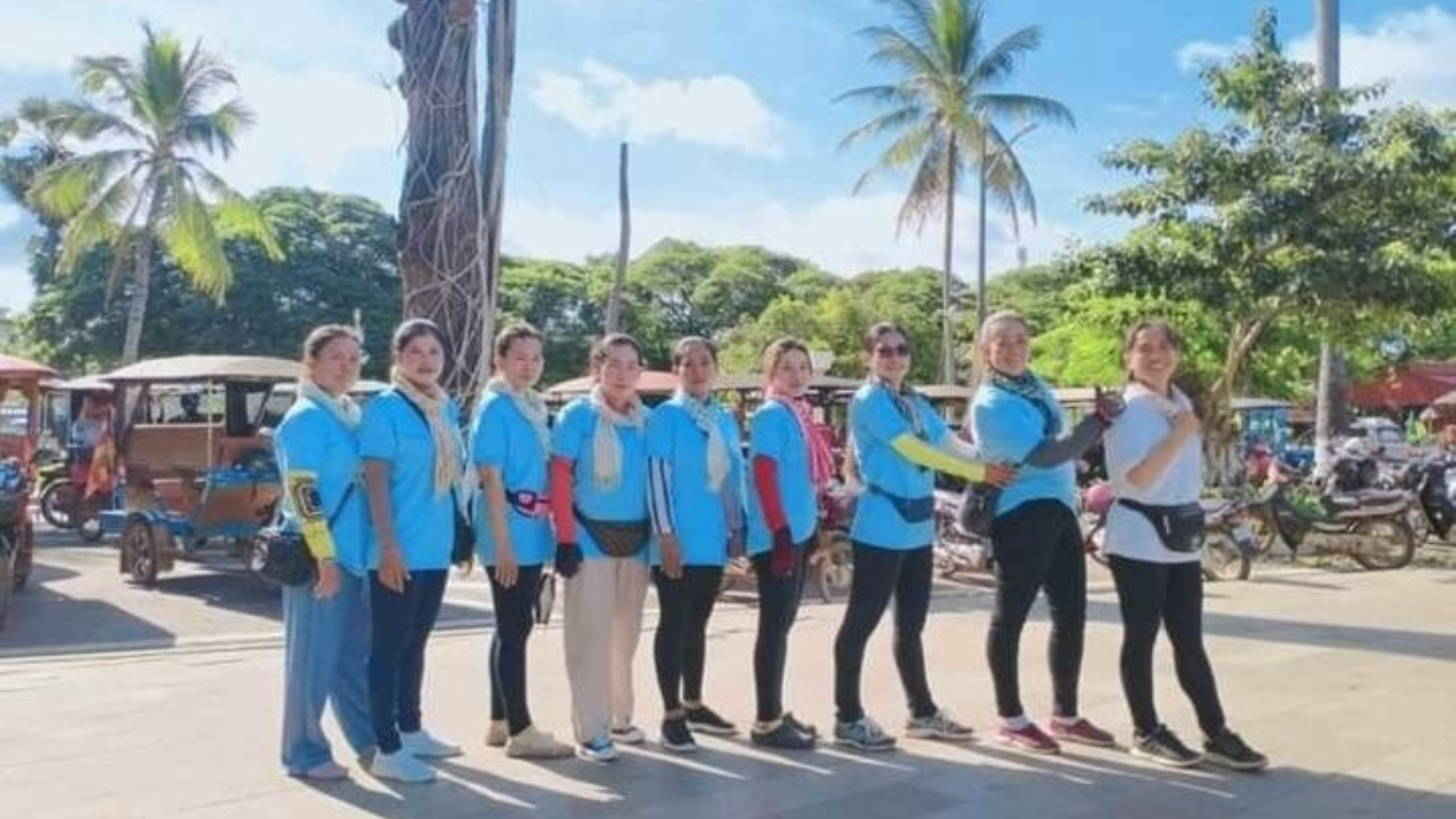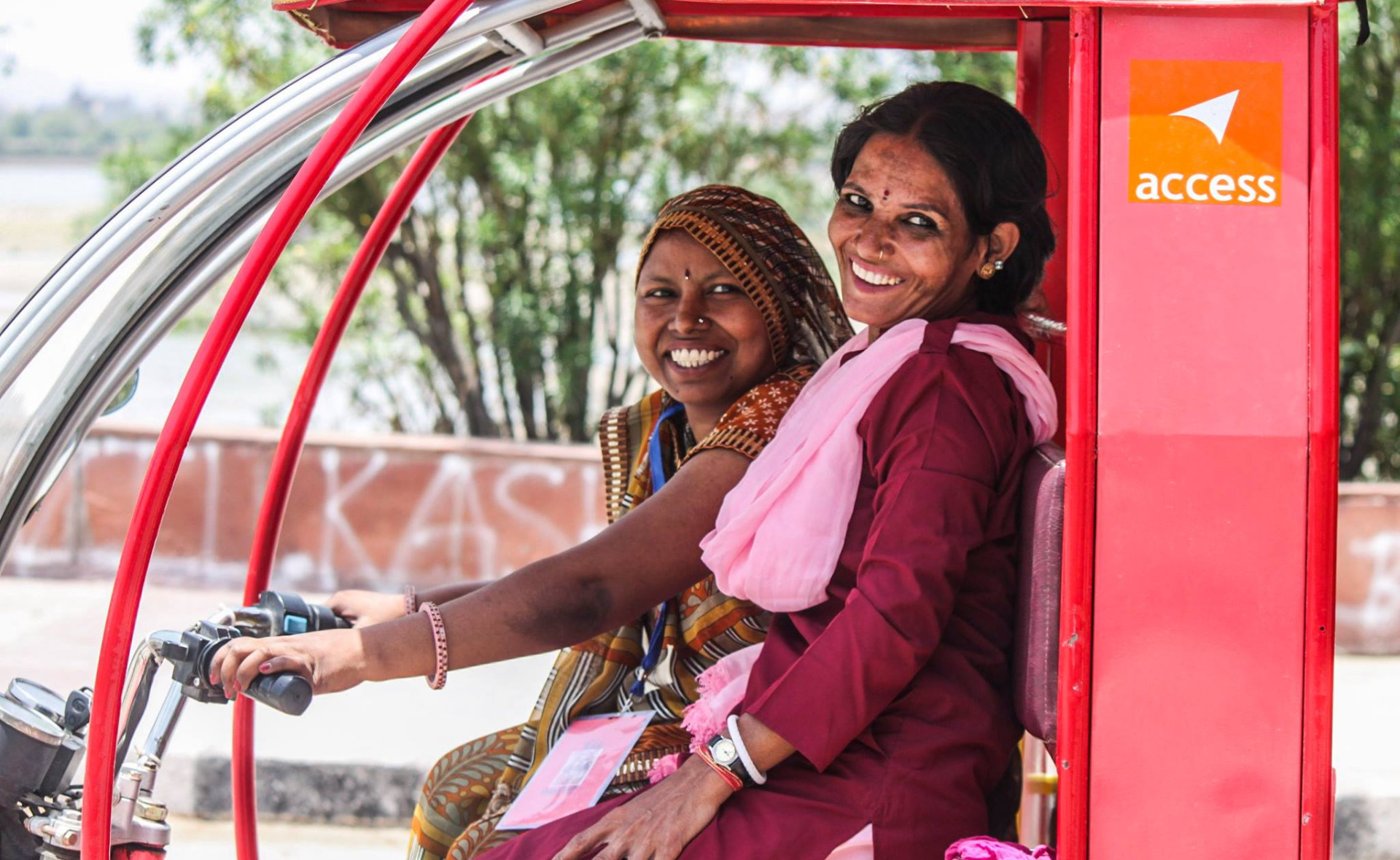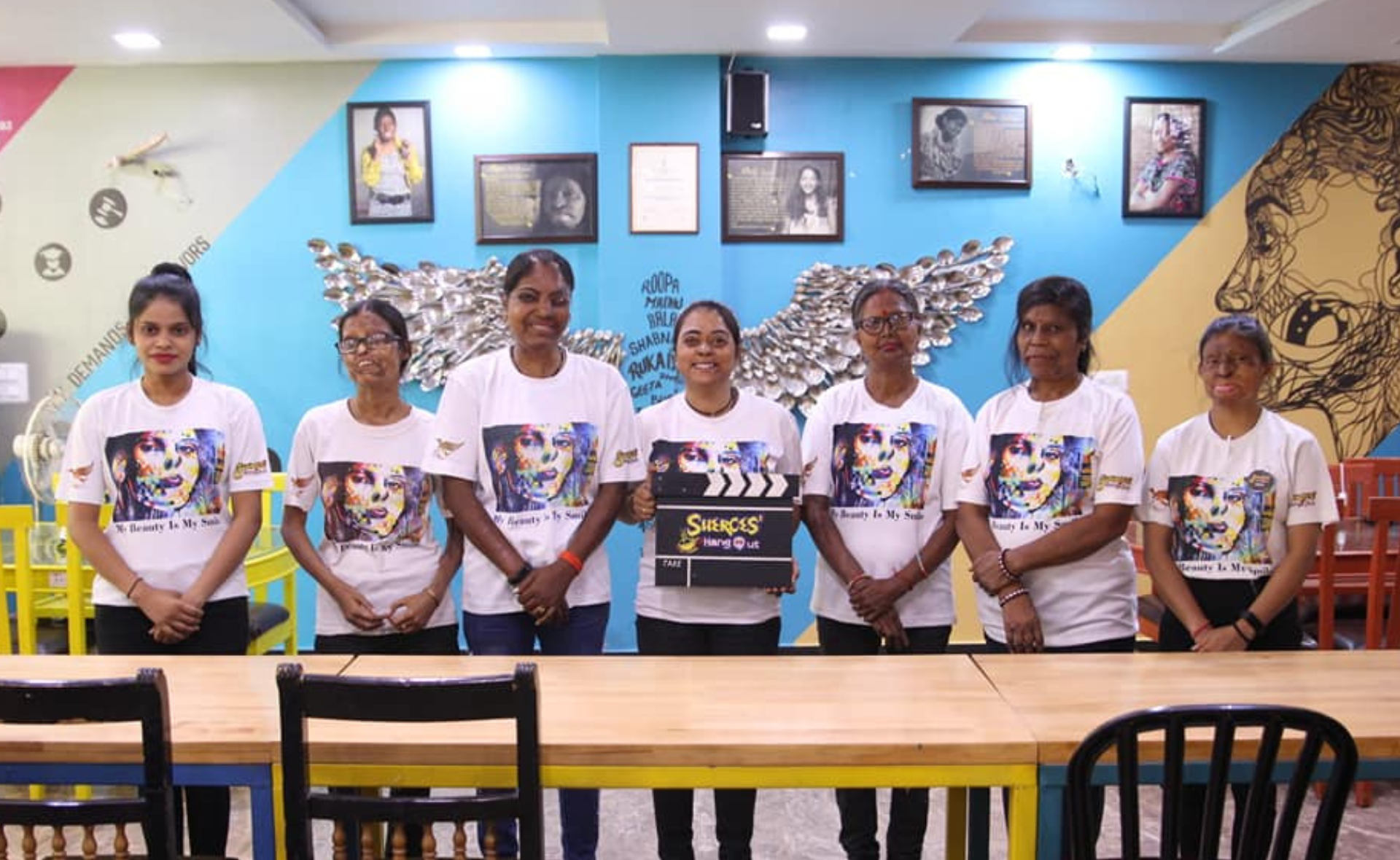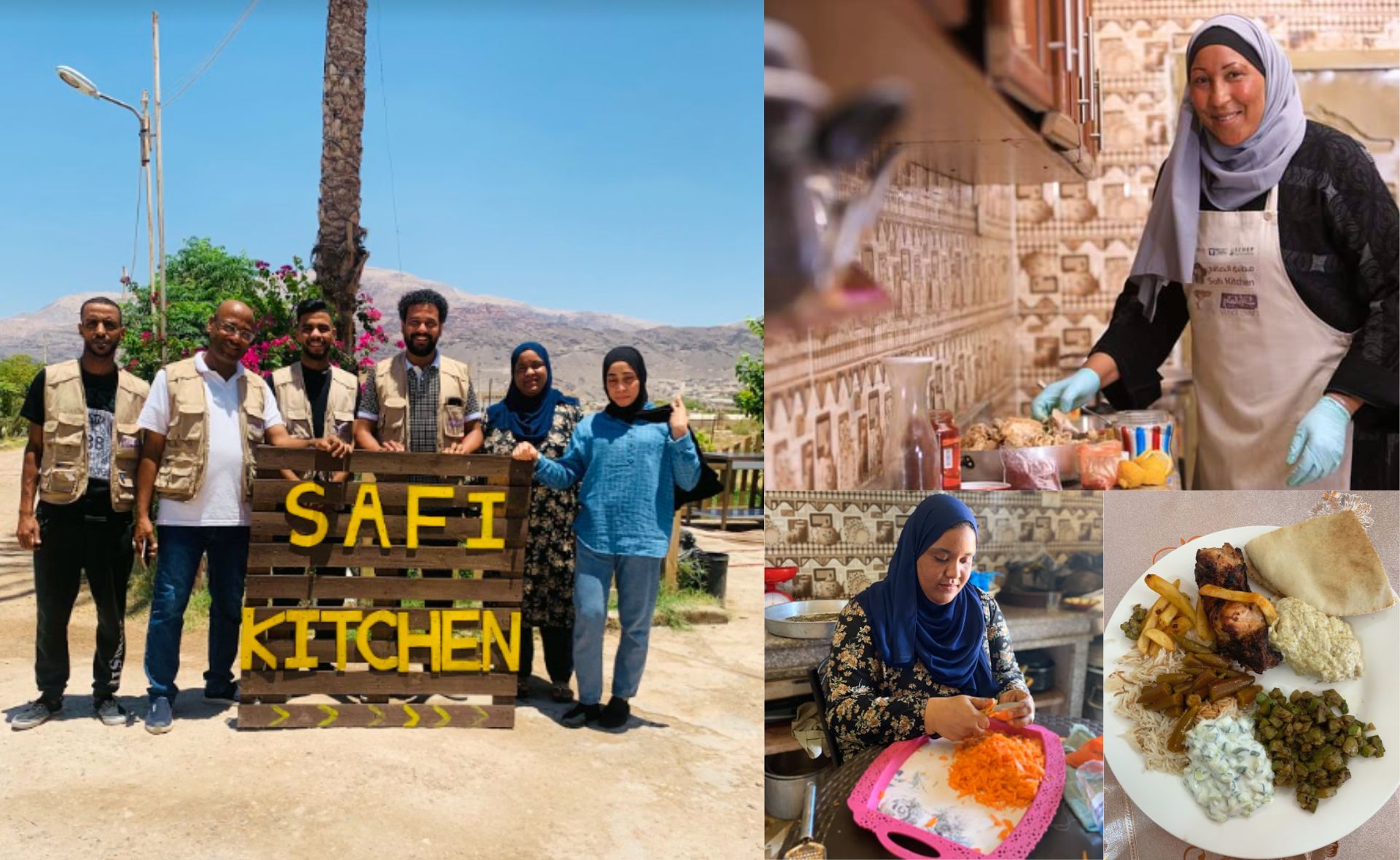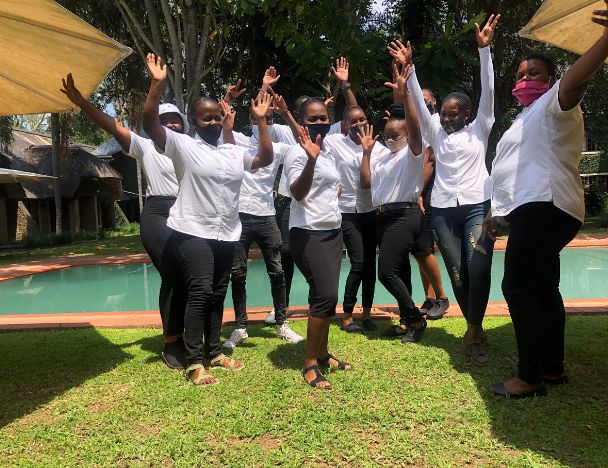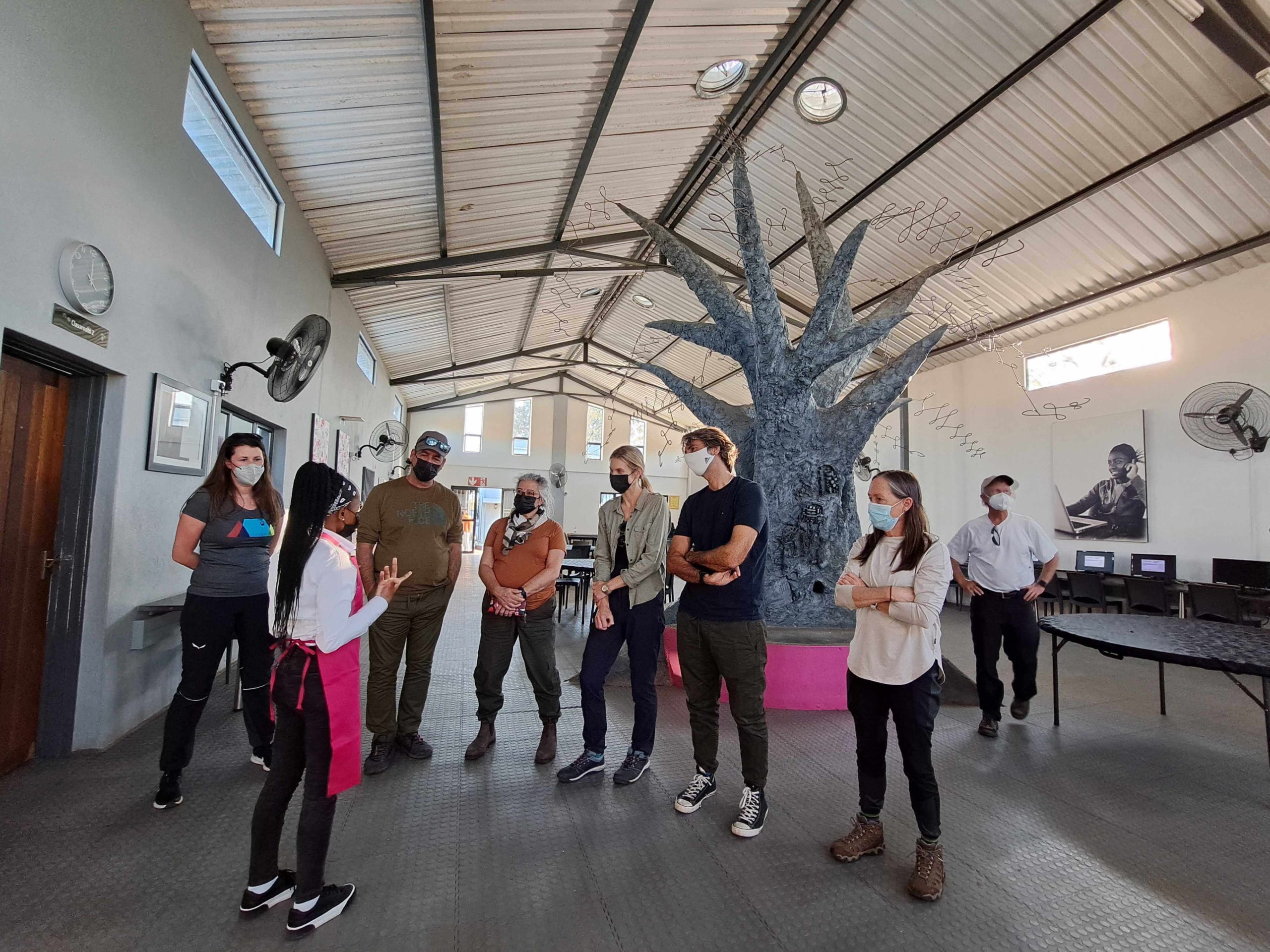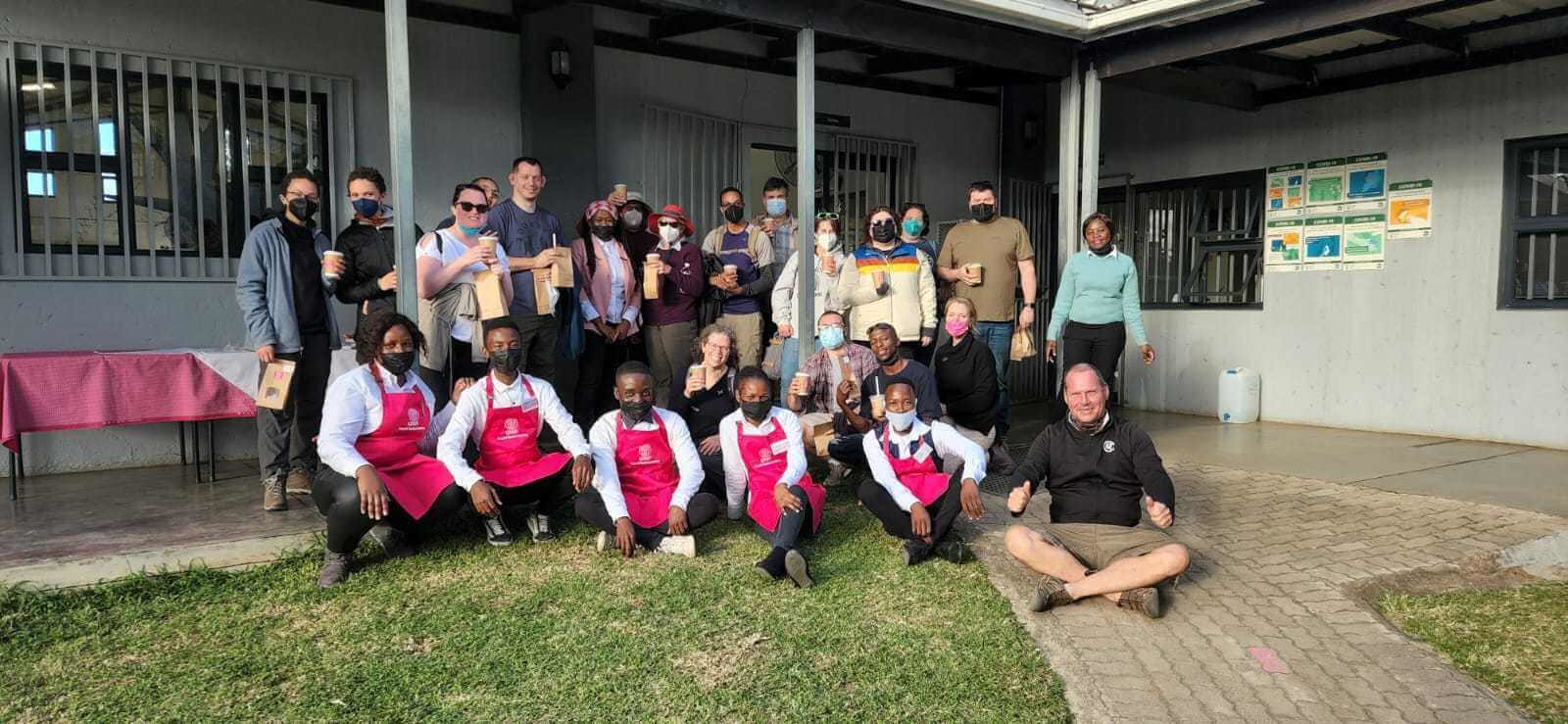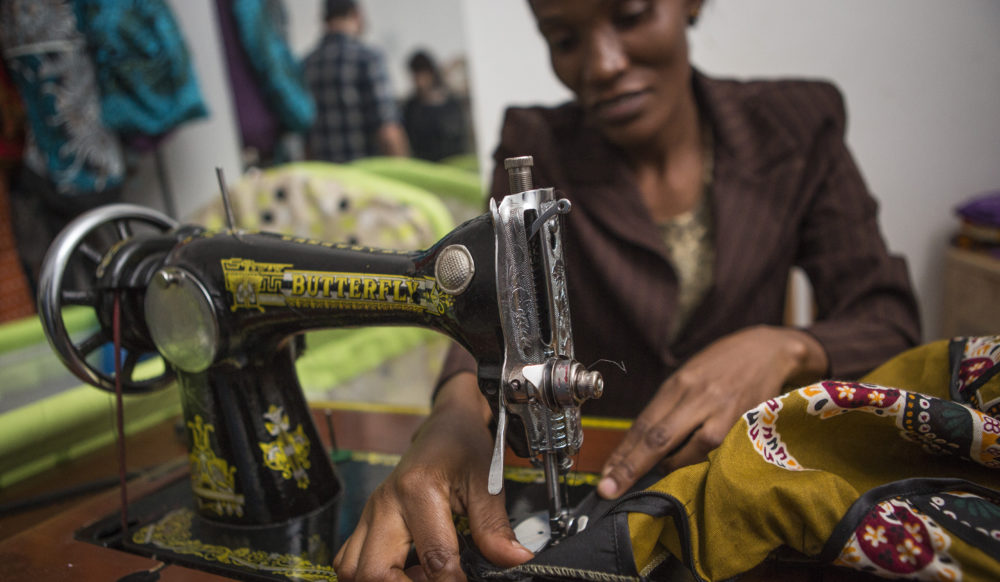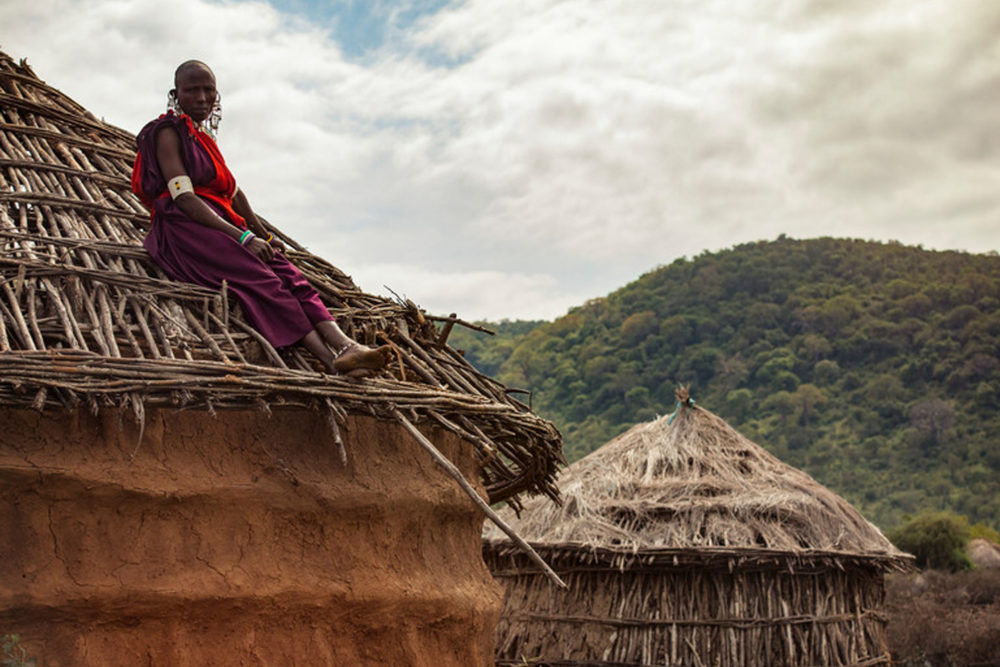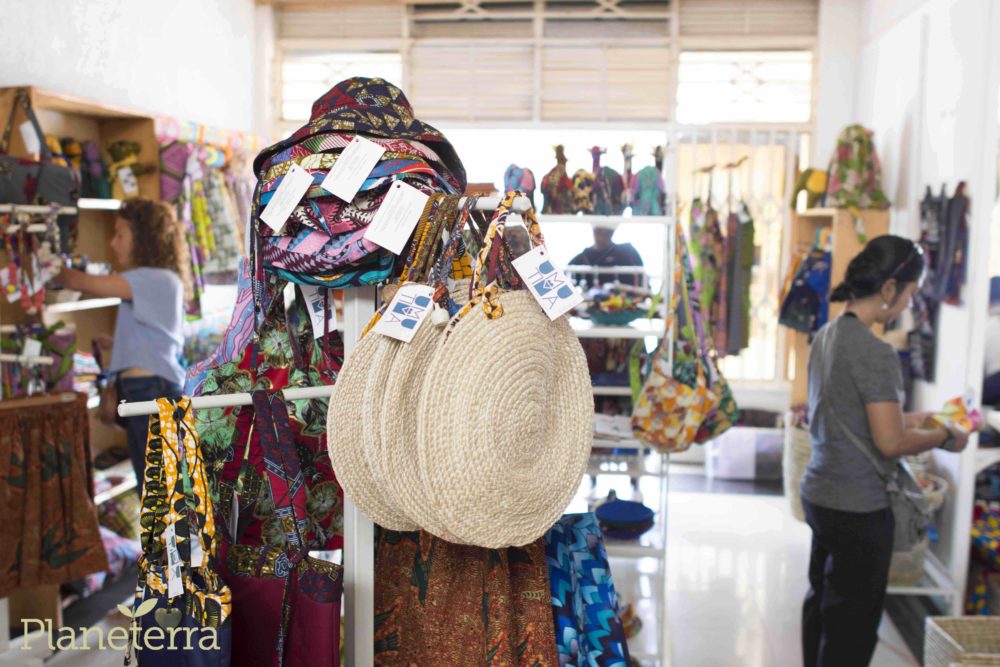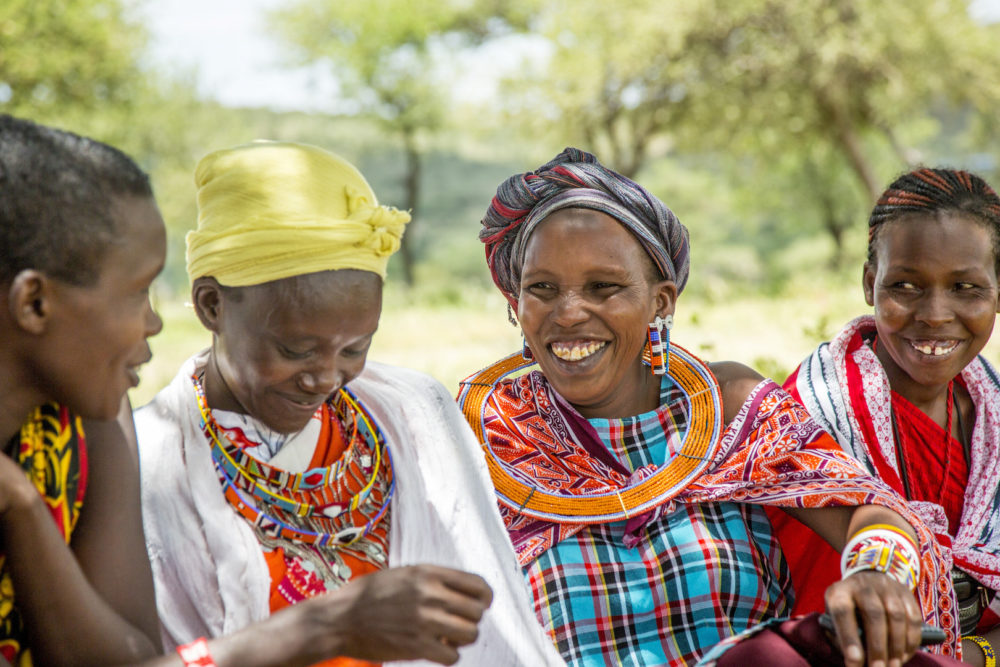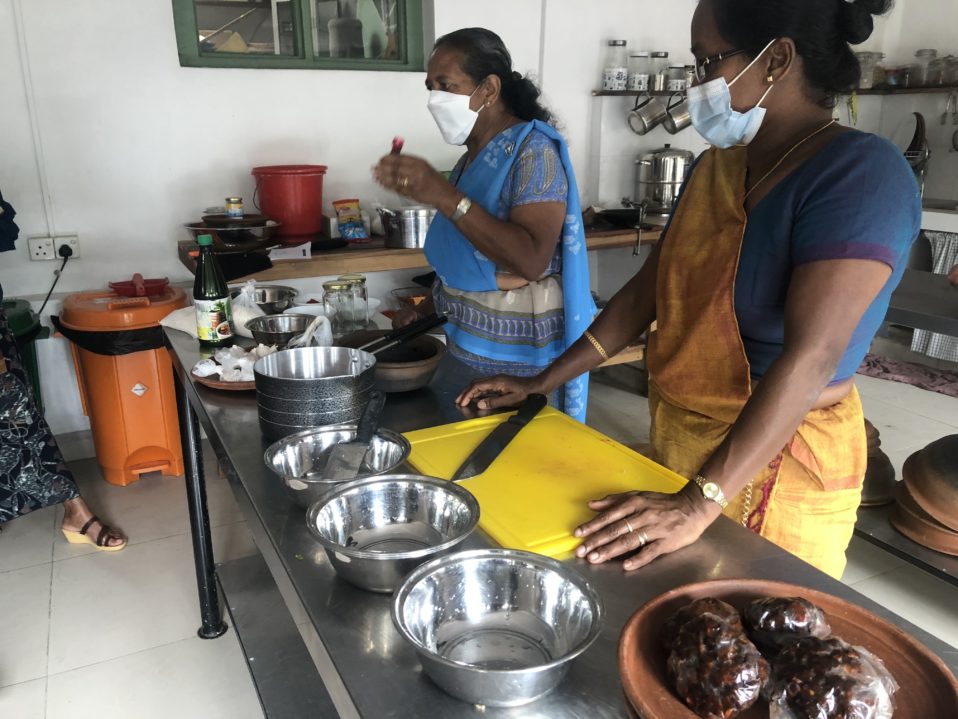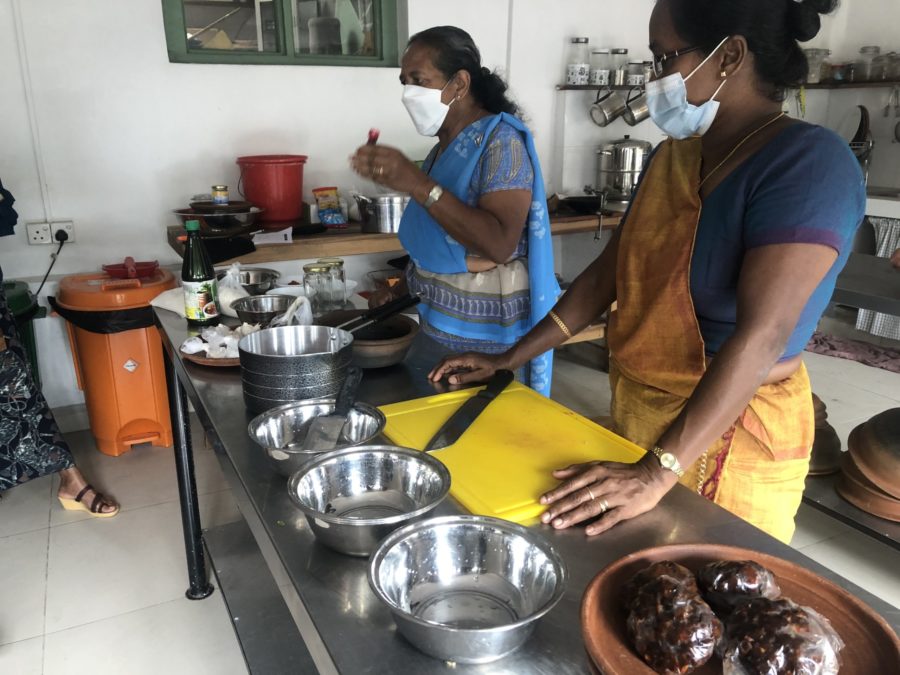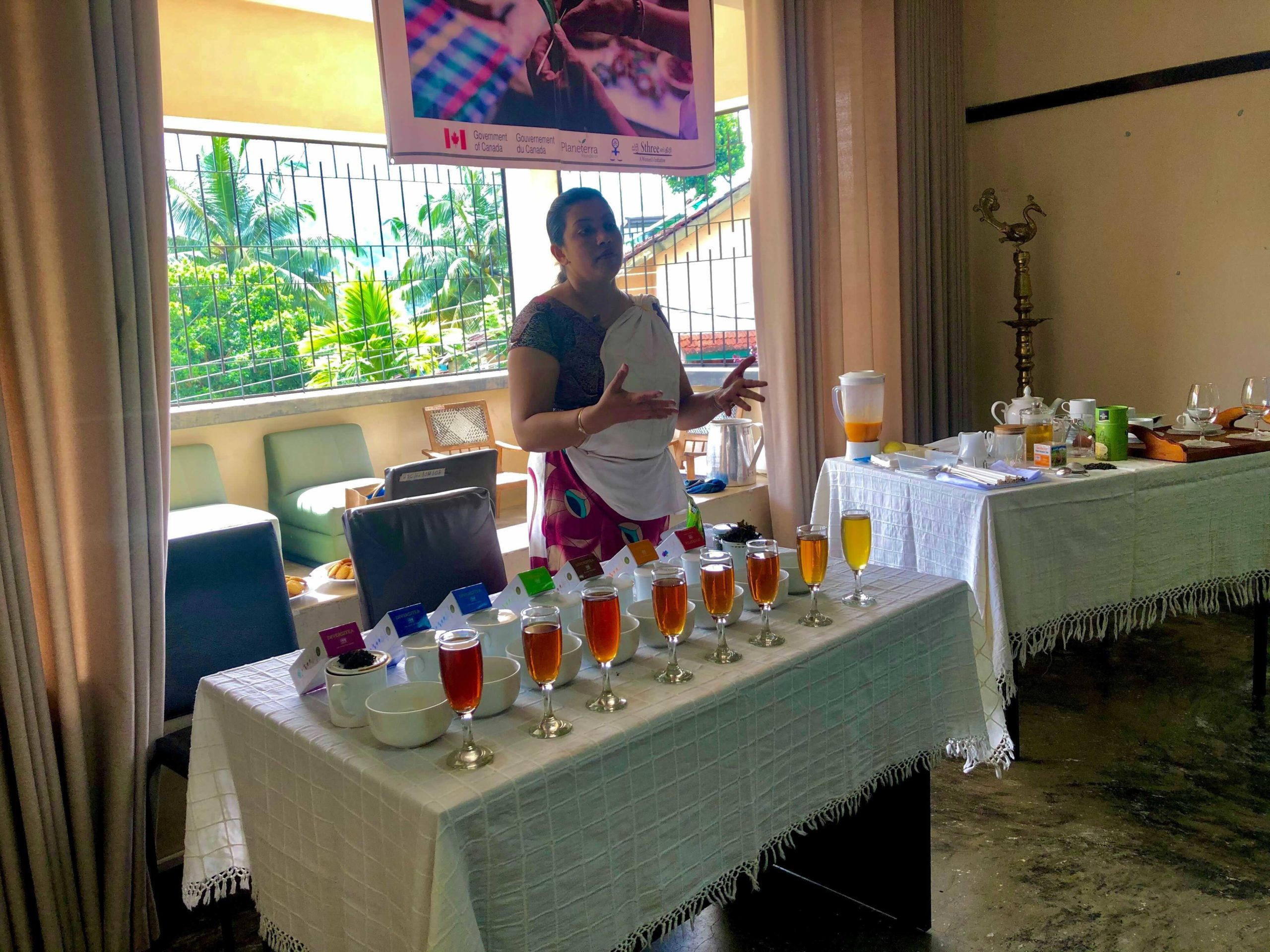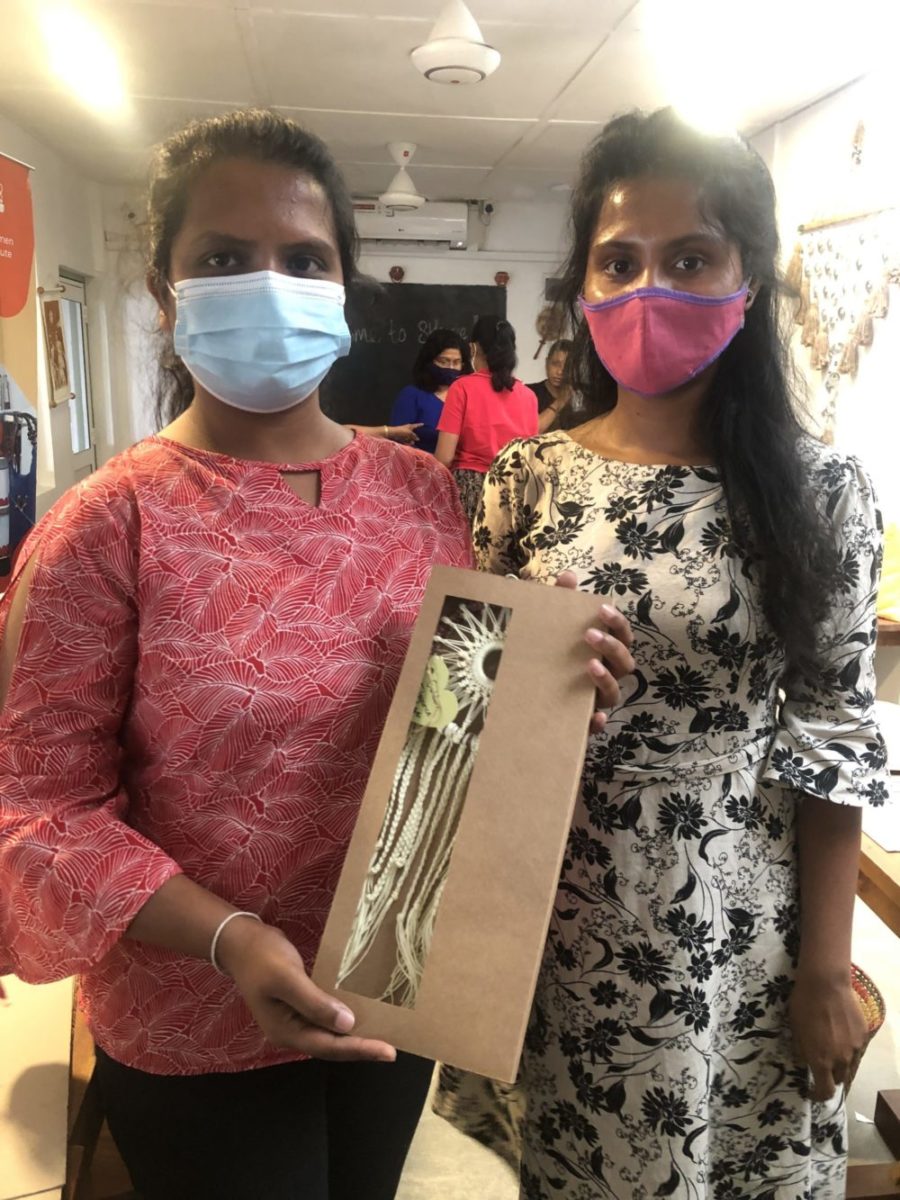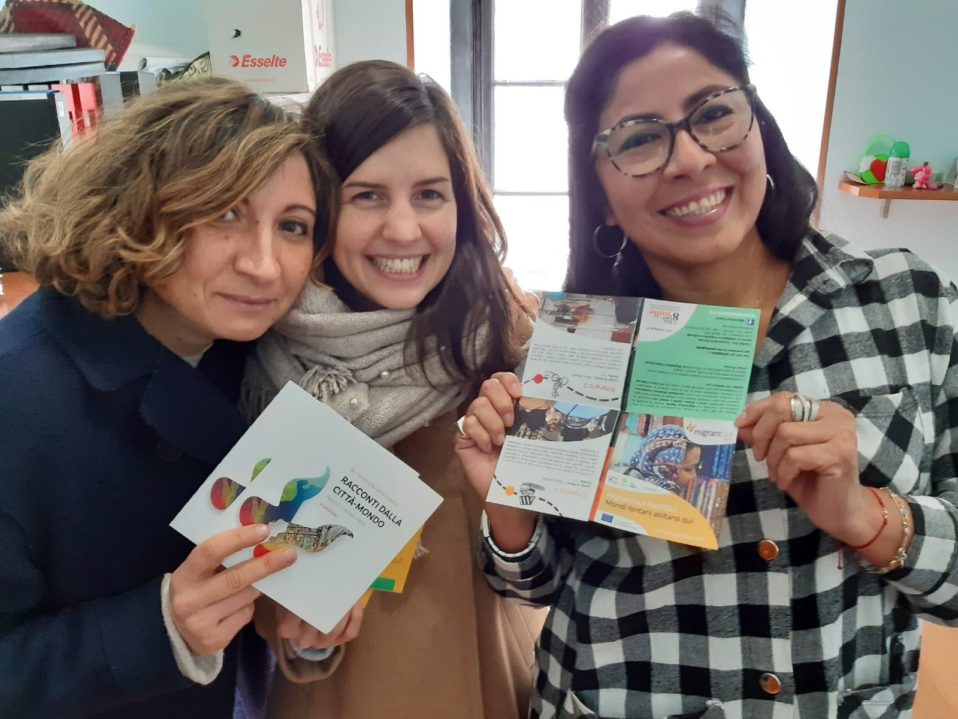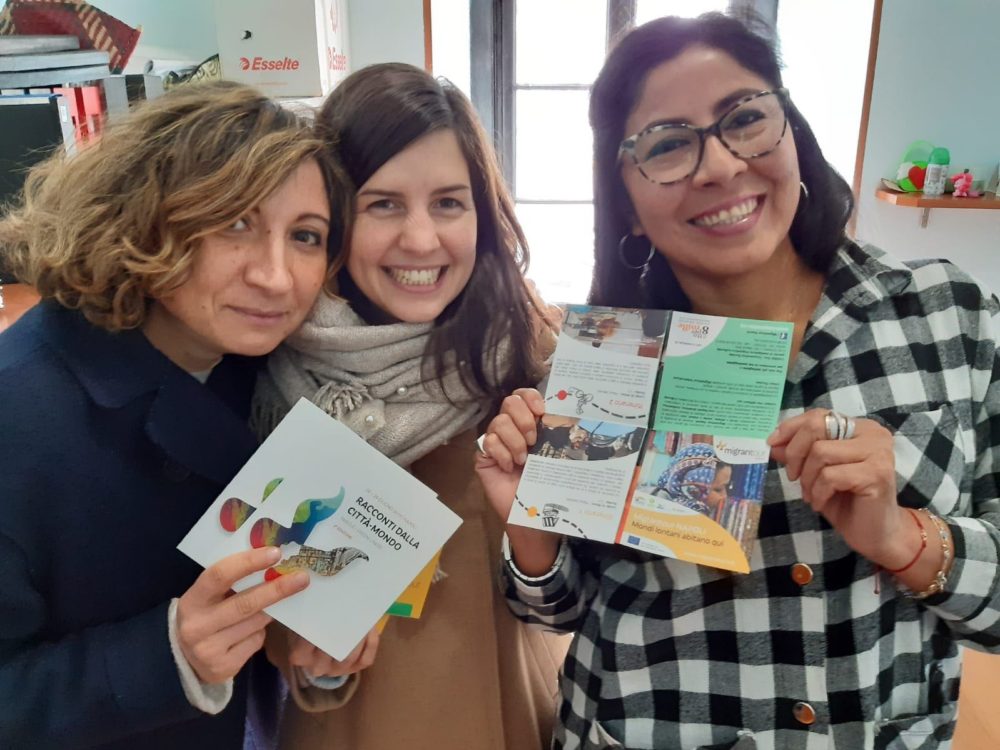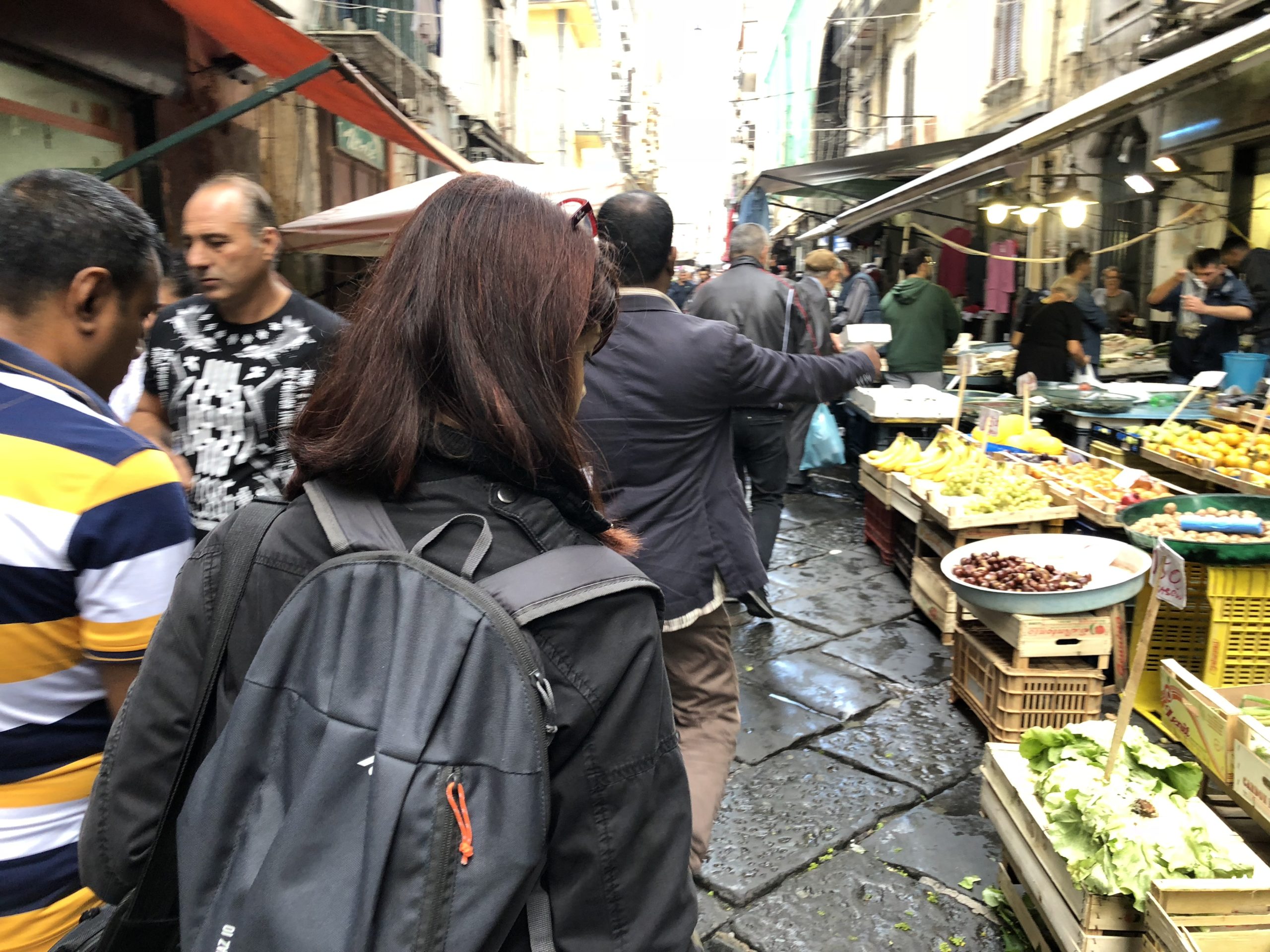Ban Ou Community Tourism
Impact
Ban Ou Community Tourism engages ten out of the 60 families in directly offering tourism experiences to travellers. The community empowers women to actively participate and lead in tourism activities, including demonstrating the making of Laos rice noodles, weaving, and providing authentic meal experiences.
Additionally, the involvement of elderly community members adds a special touch to the traditional Baci ceremony, a warm welcome deeply rooted in Lao culture. The ultimate goal is to uplift the community through tourism embracing their traditional culture.

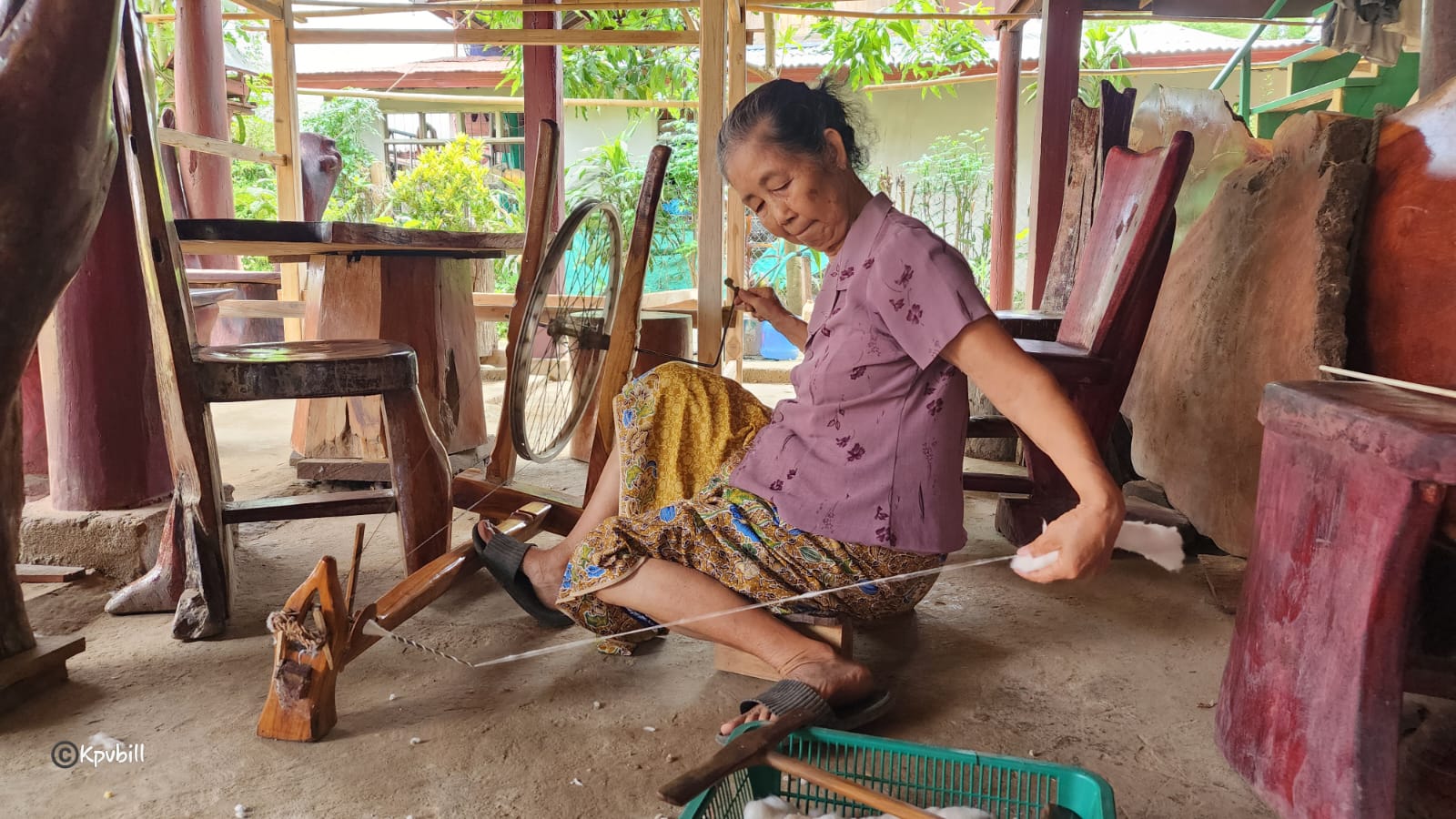
Critical Need
Luang Prabang is one of the main tourist attractions in Lao PDR, with travellers often placing it high on their must-visit list. Ban Ou is a small village comprising 60 families whose livelihoods revolve around farming, fishing, and traditional crafts such as silk and cotton weaving, bamboo weaving, and blacksmithing. The village is very charming, situated between picturesque mountains and the Mekong River.
Although many tour buses pass through Ban Ou en route to the renowned Kuang Si waterfall, a key attraction in Luang Prabang, the local community has not benefited from these visits. Until recently, tourism was a novel concept for them, and they had not engaged with any tour companies.
Our Involvement
Recognizing the immense potential of Ban Ou Community Tourism, Planeterra embarked on a partnership to empower them in hosting travellers. We worked closely with them to enhance their readiness and provide valuable support. This included comprehensive training to ensure they were equipped with the necessary skills and knowledge. Additionally, we focused on improving key infrastructure elements, such as the dining area and waste management facilities.
We also helped them set up the outdoor kitchen, which not only enriched the tourism experience but also highlighted the local culinary traditions and flavours.
Additionally, we connected Ban Ou Community Tourism with one of our corporate partners to create a consistent influx of travellers, generating a sustainable income stream that would benefit the entire community.
